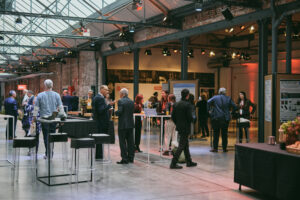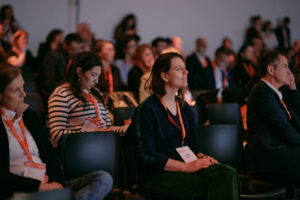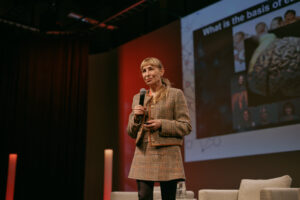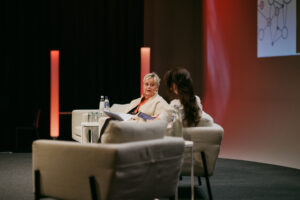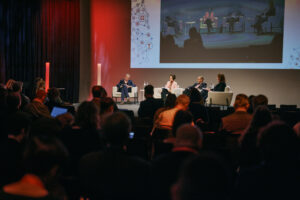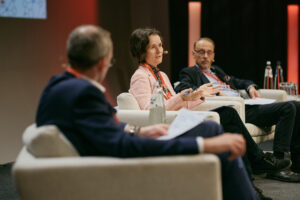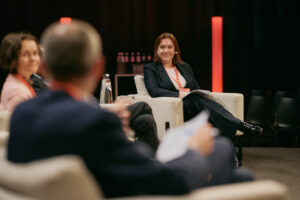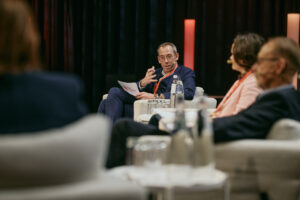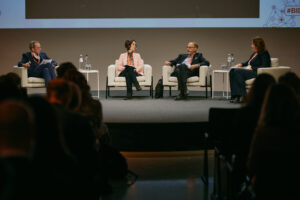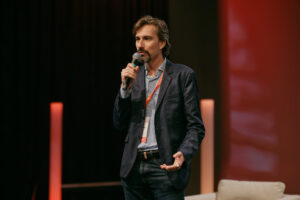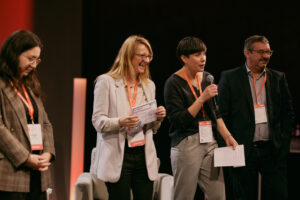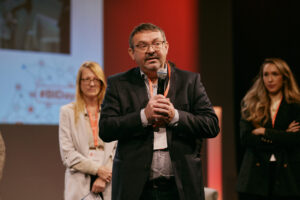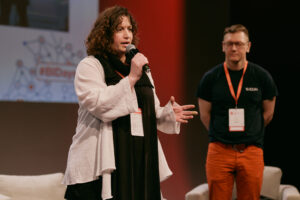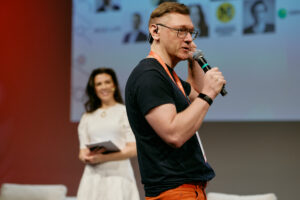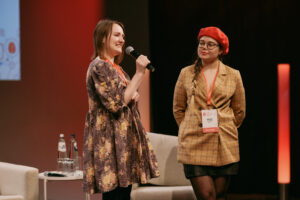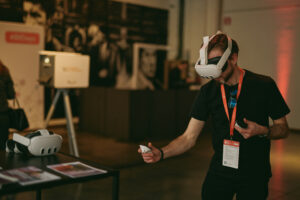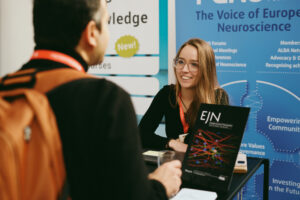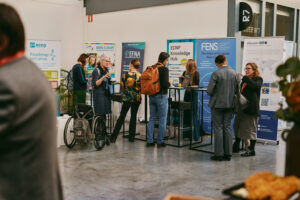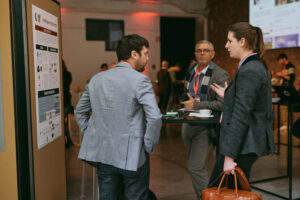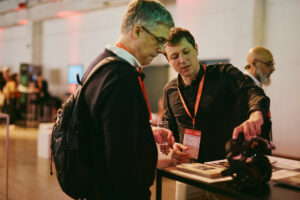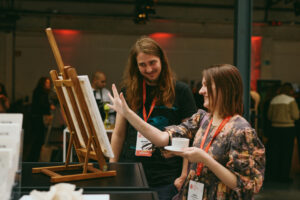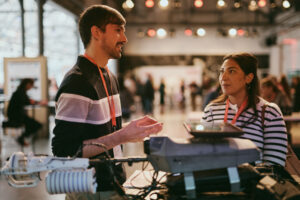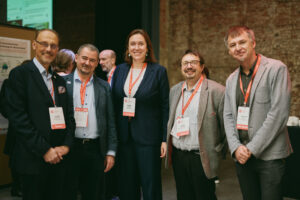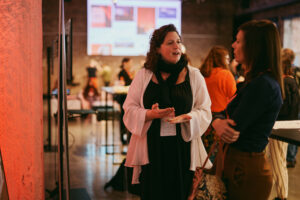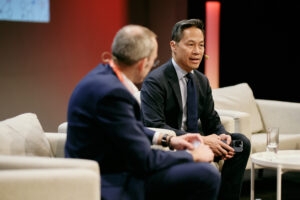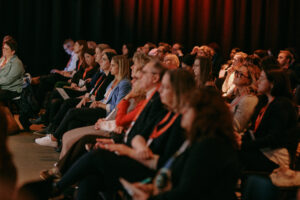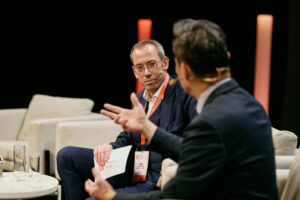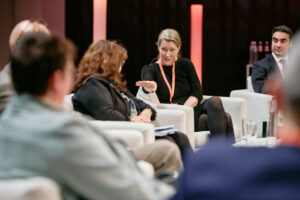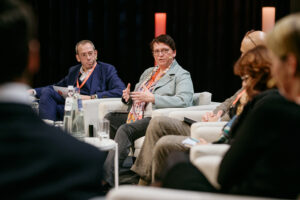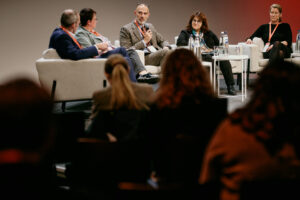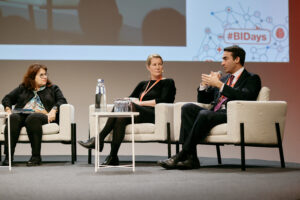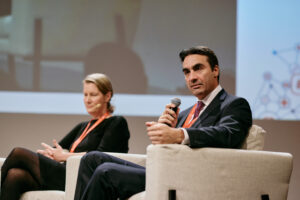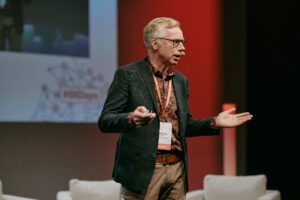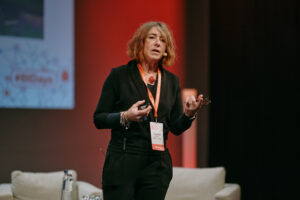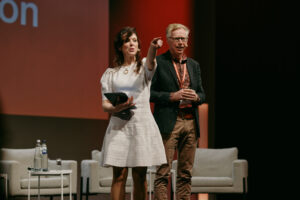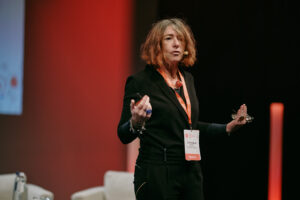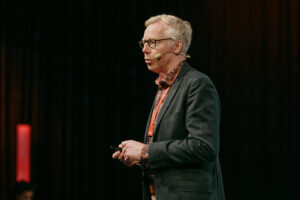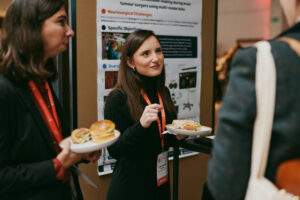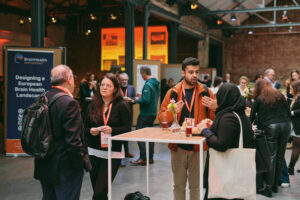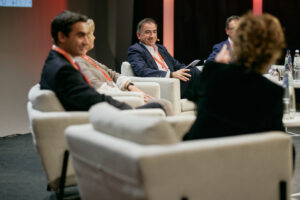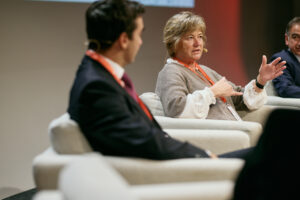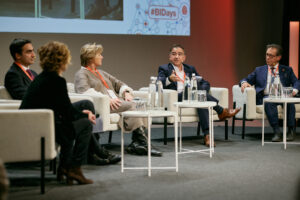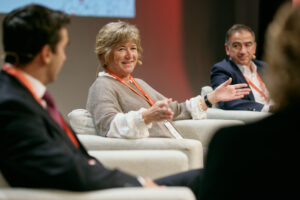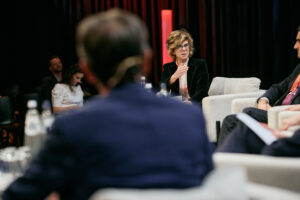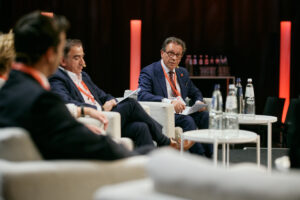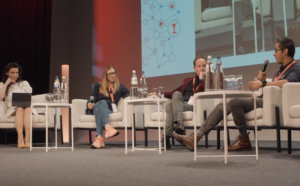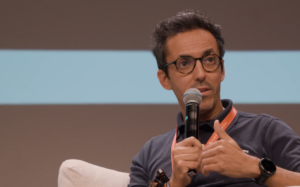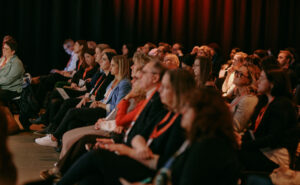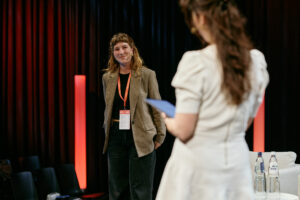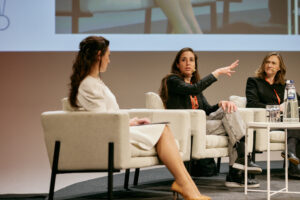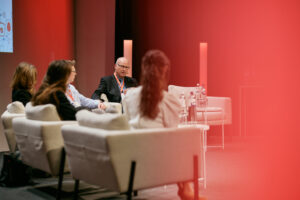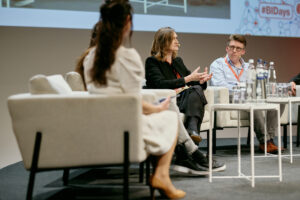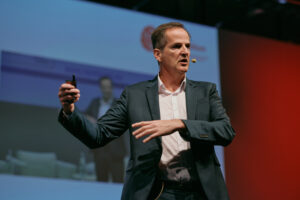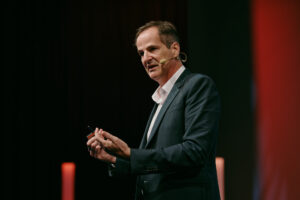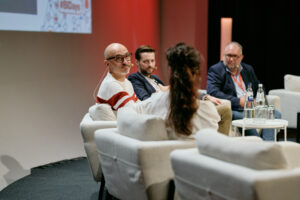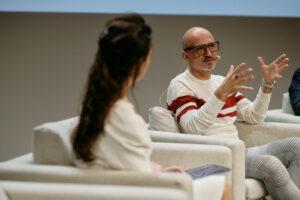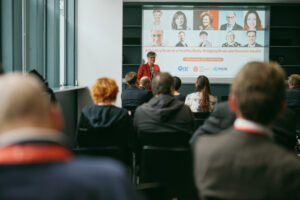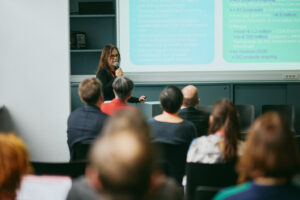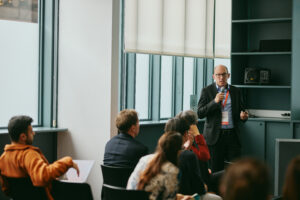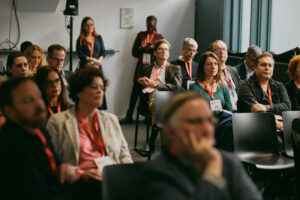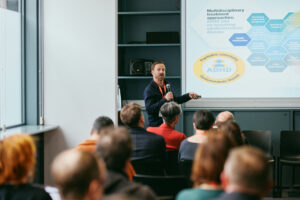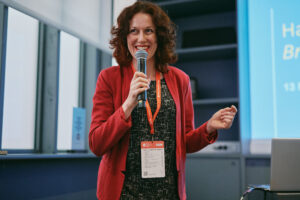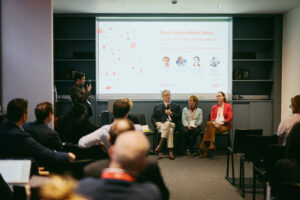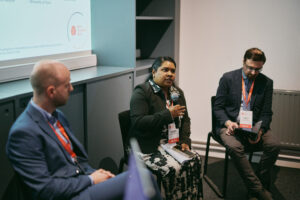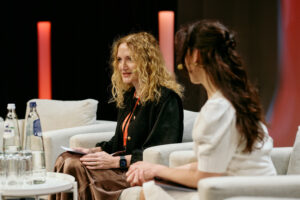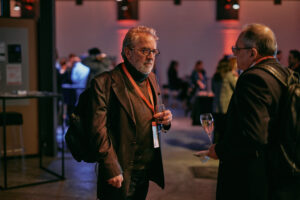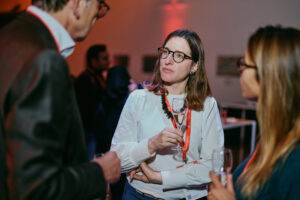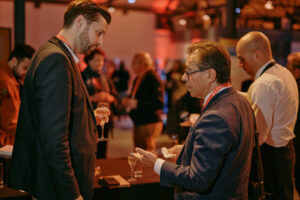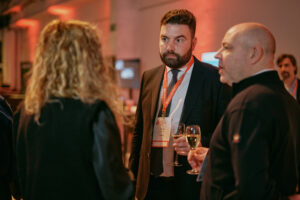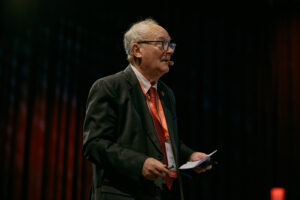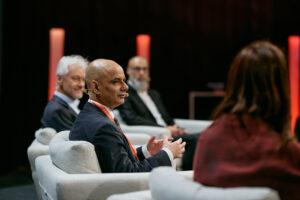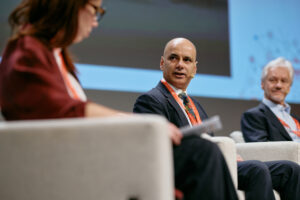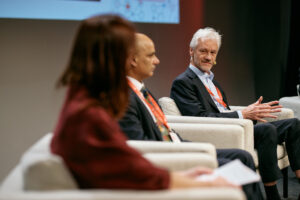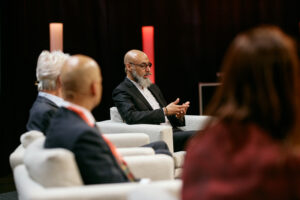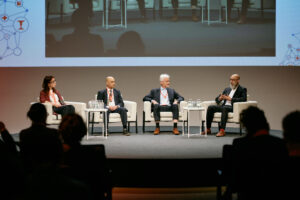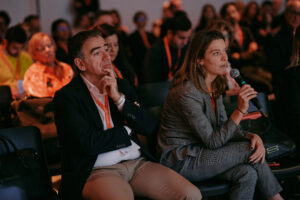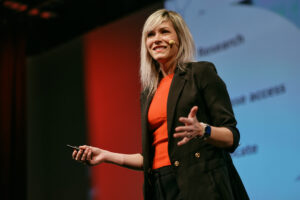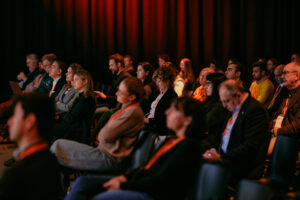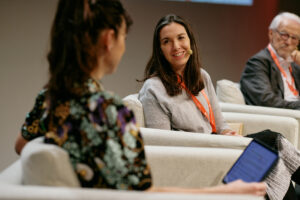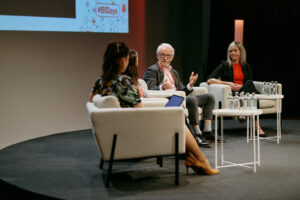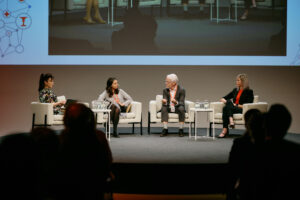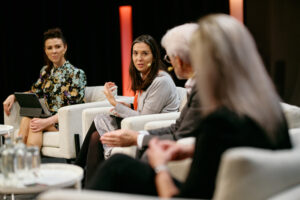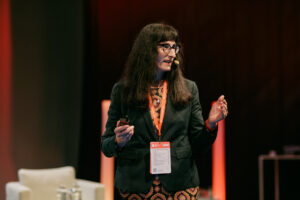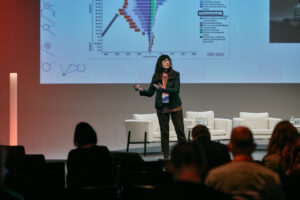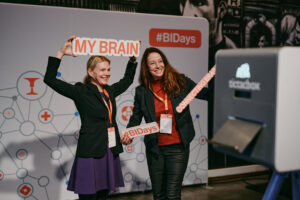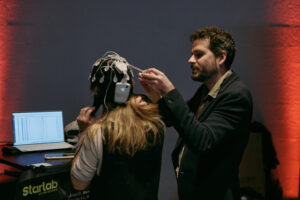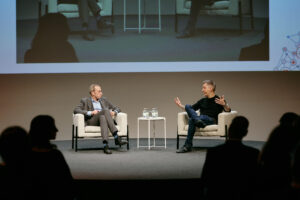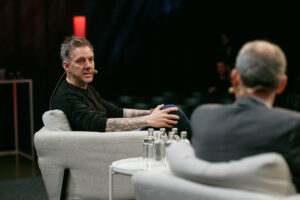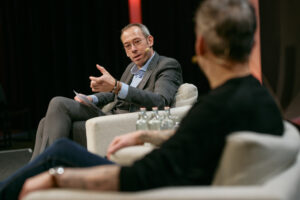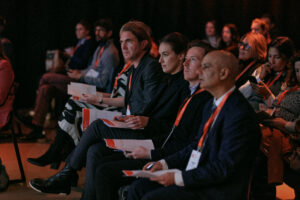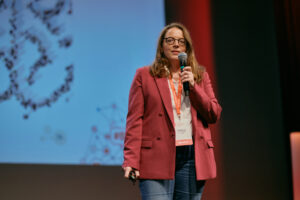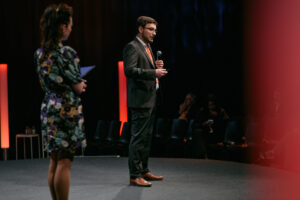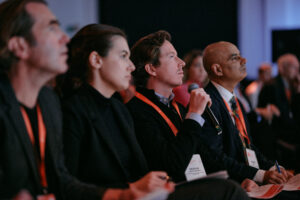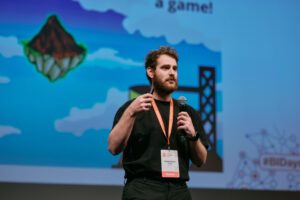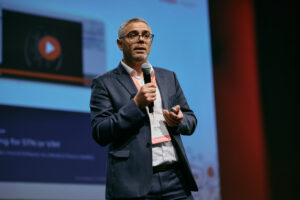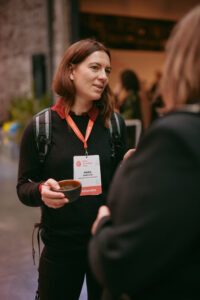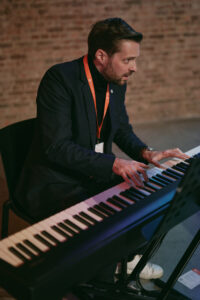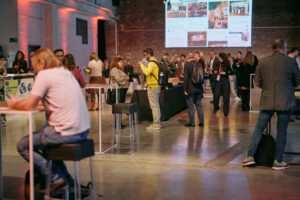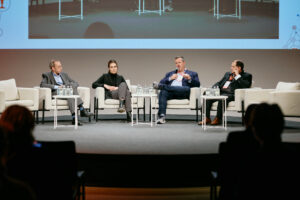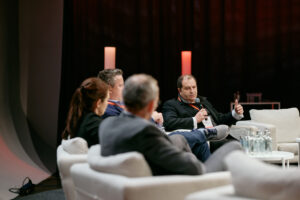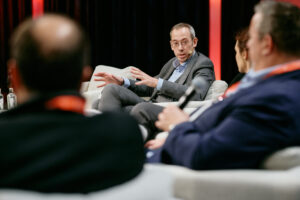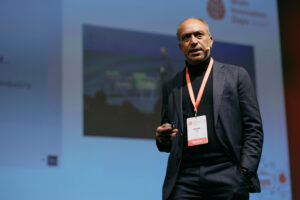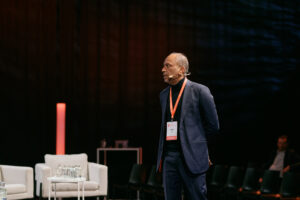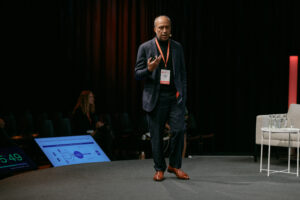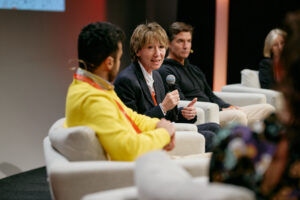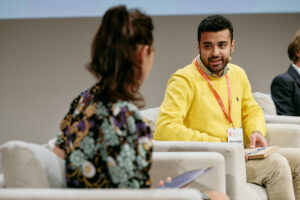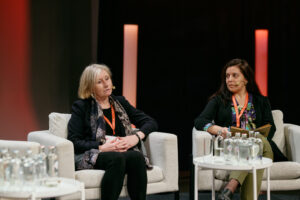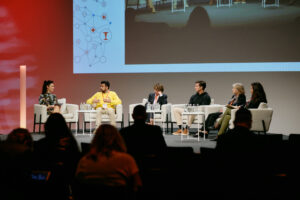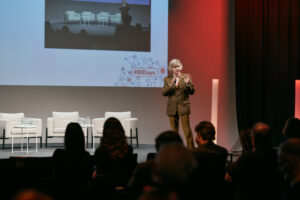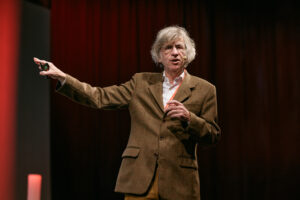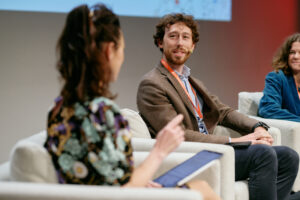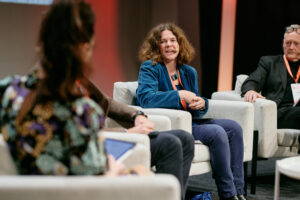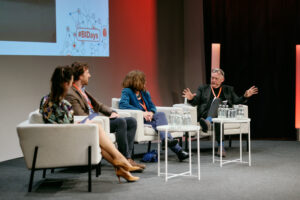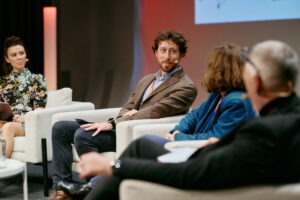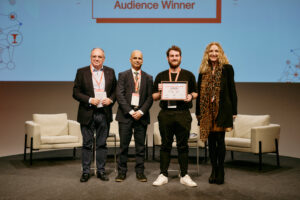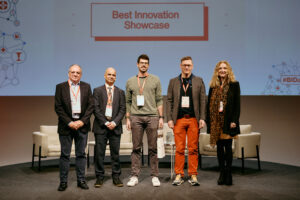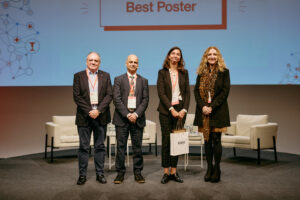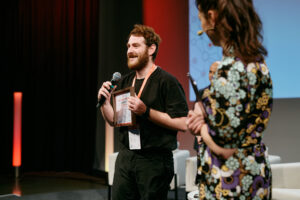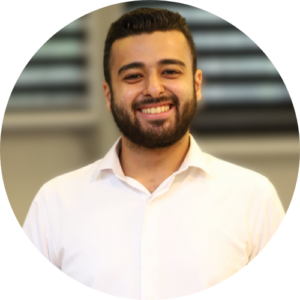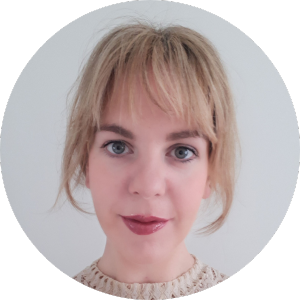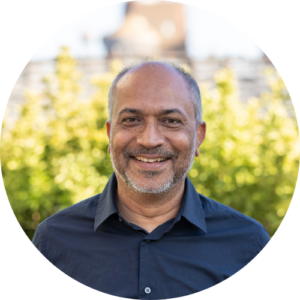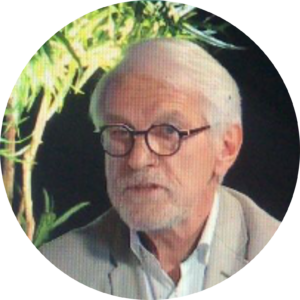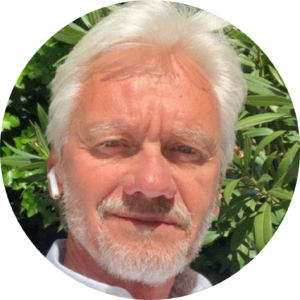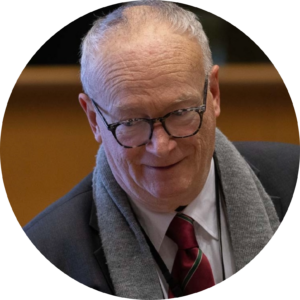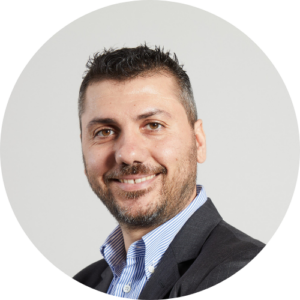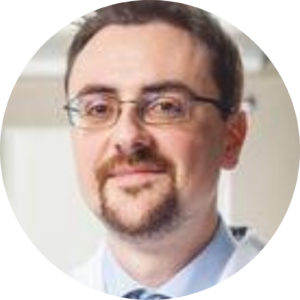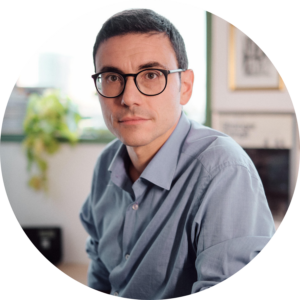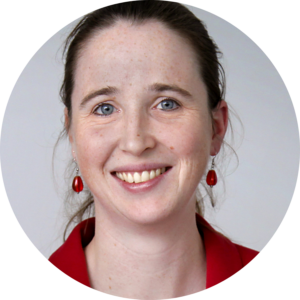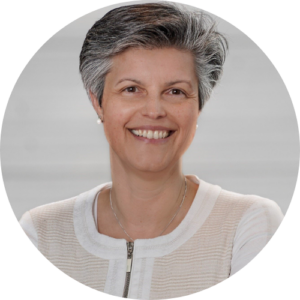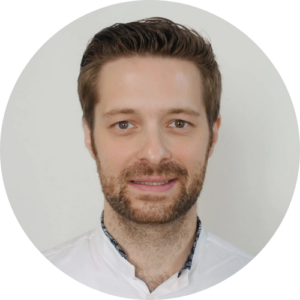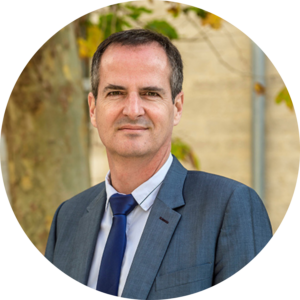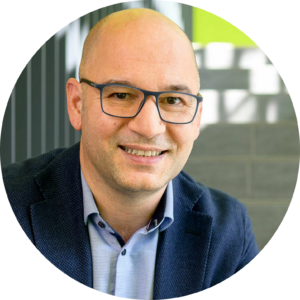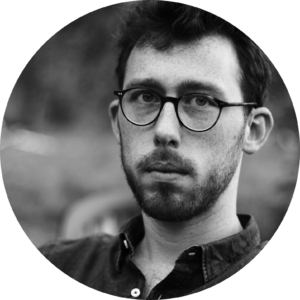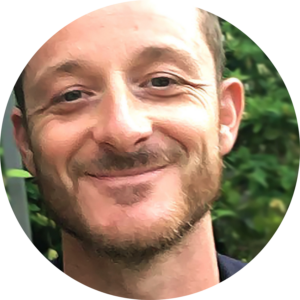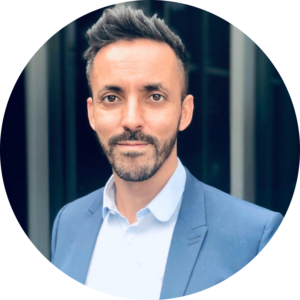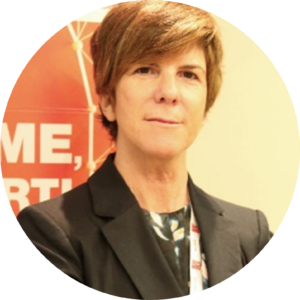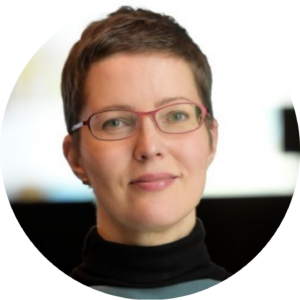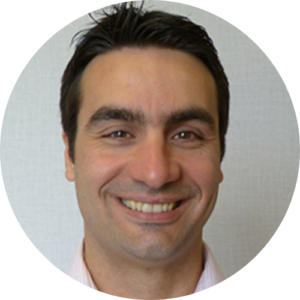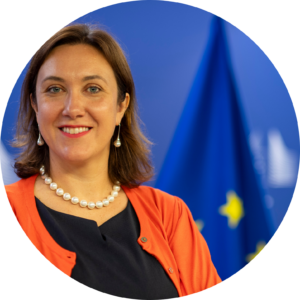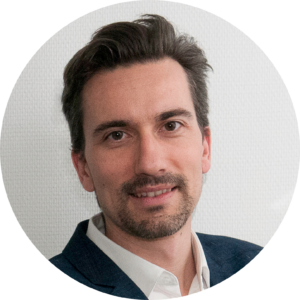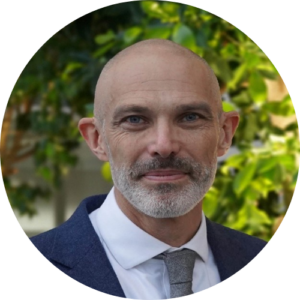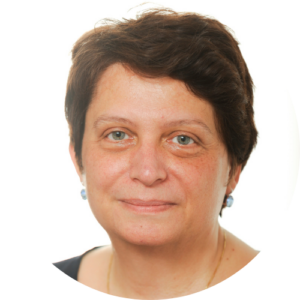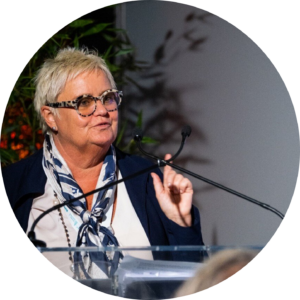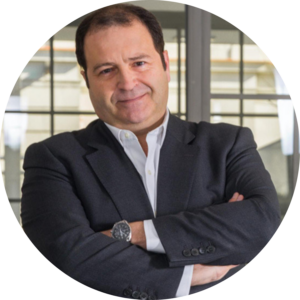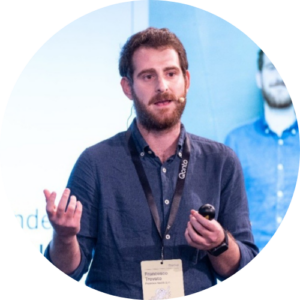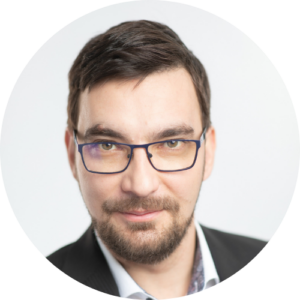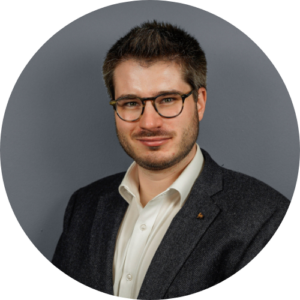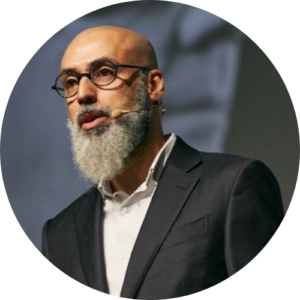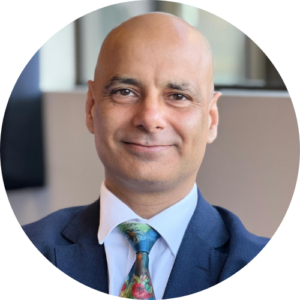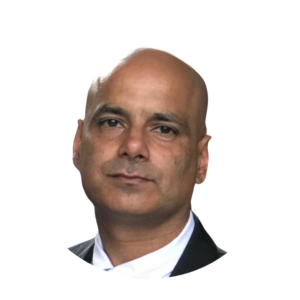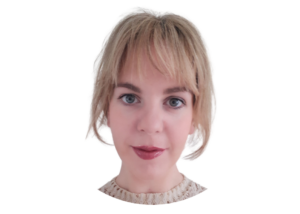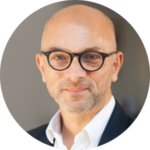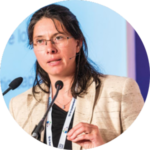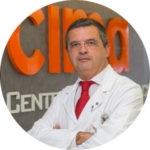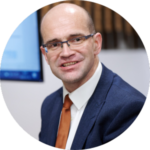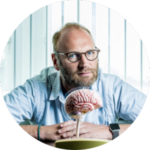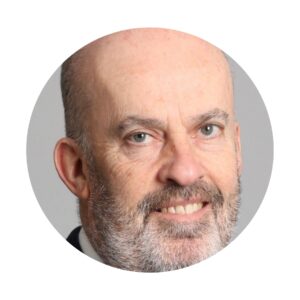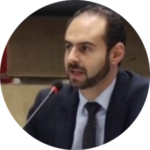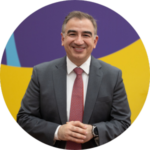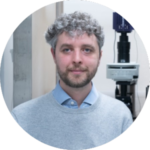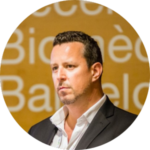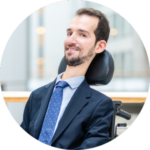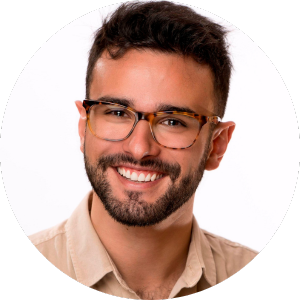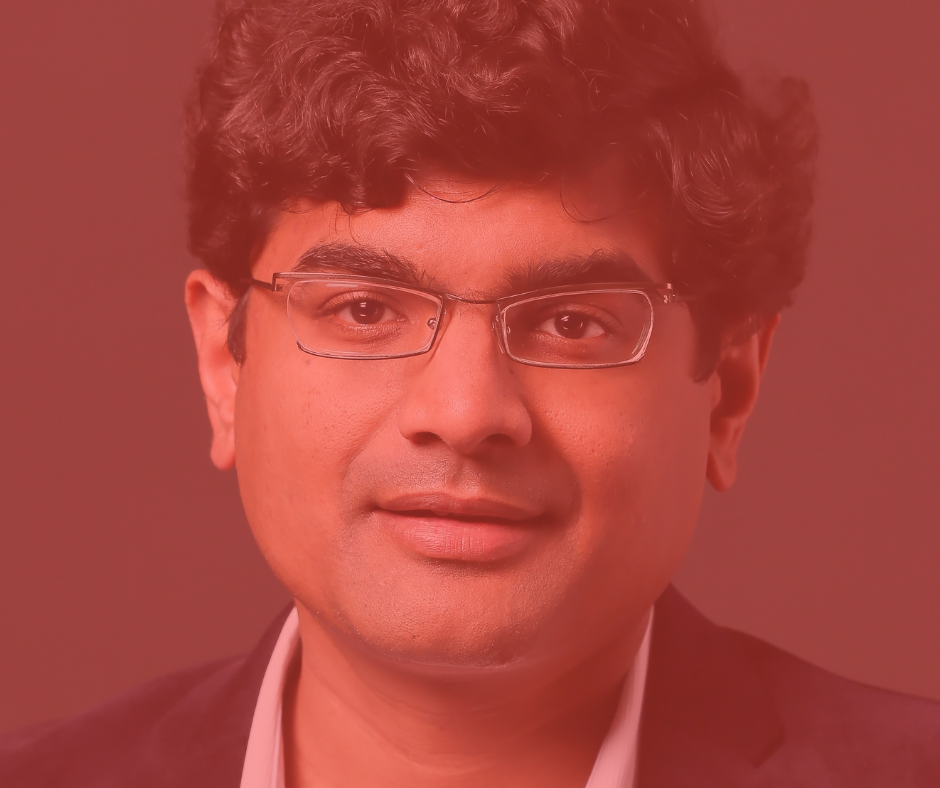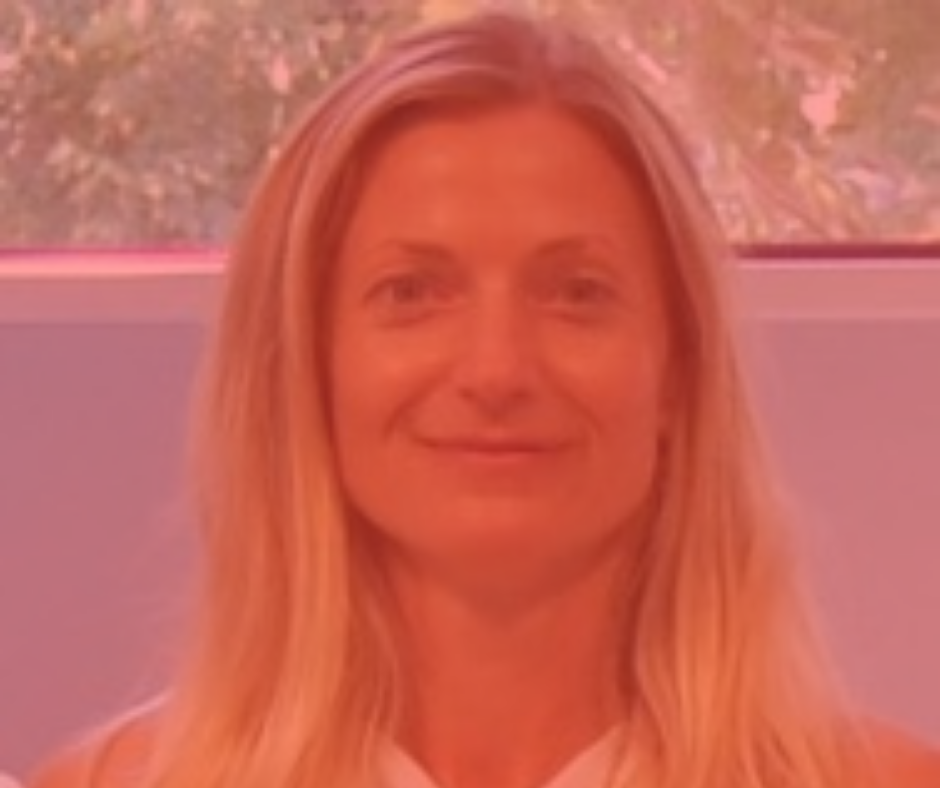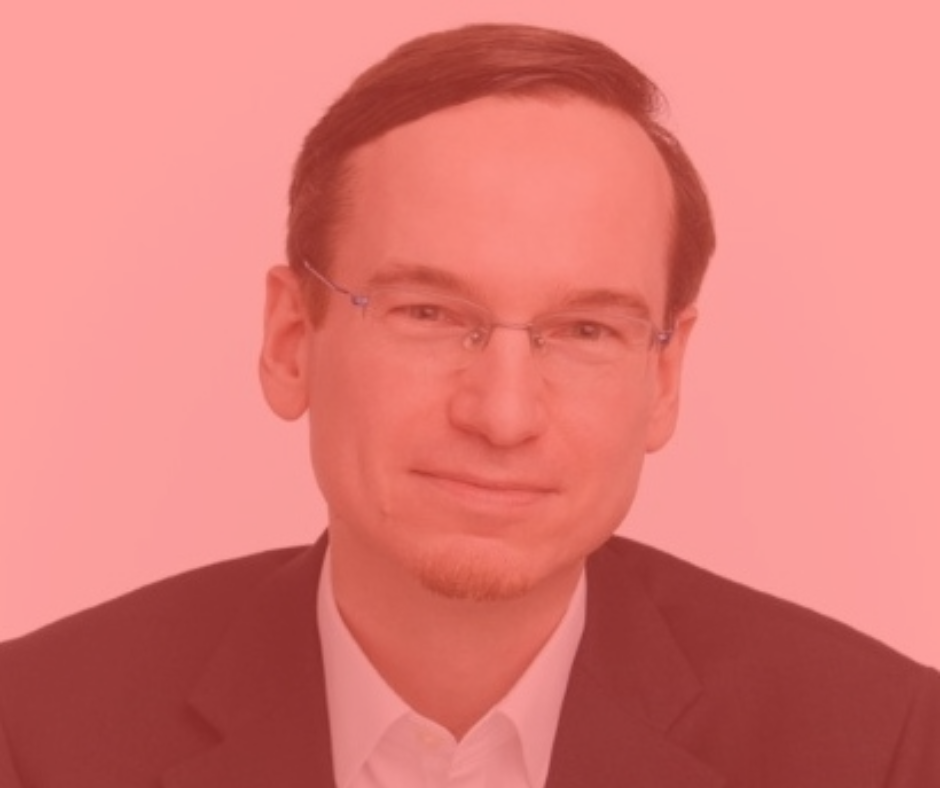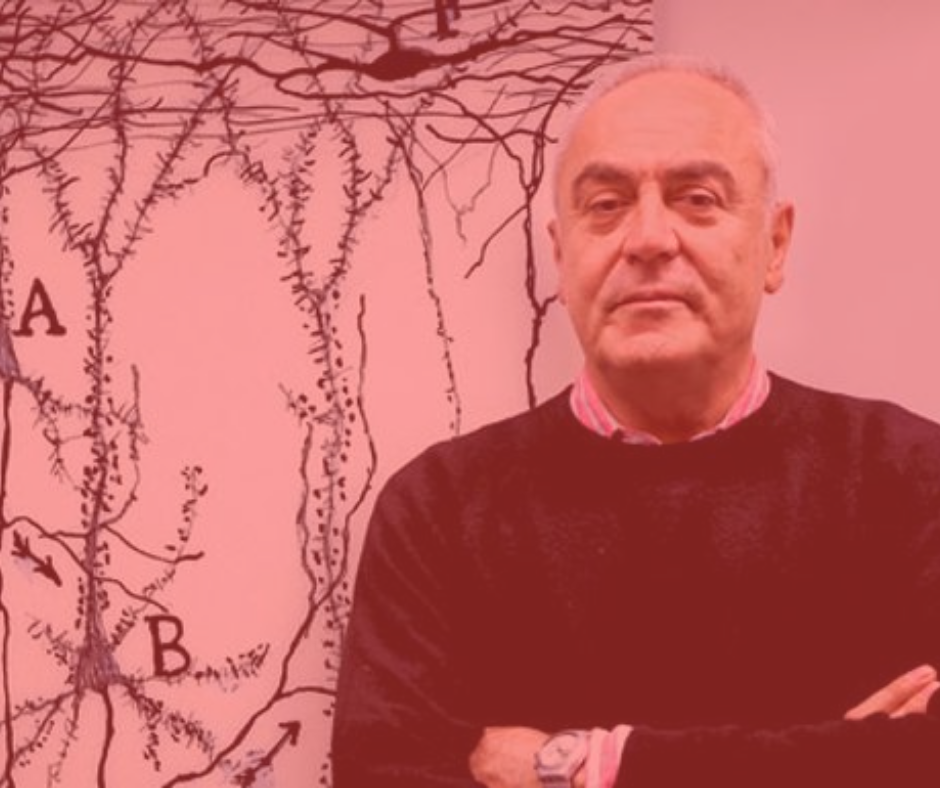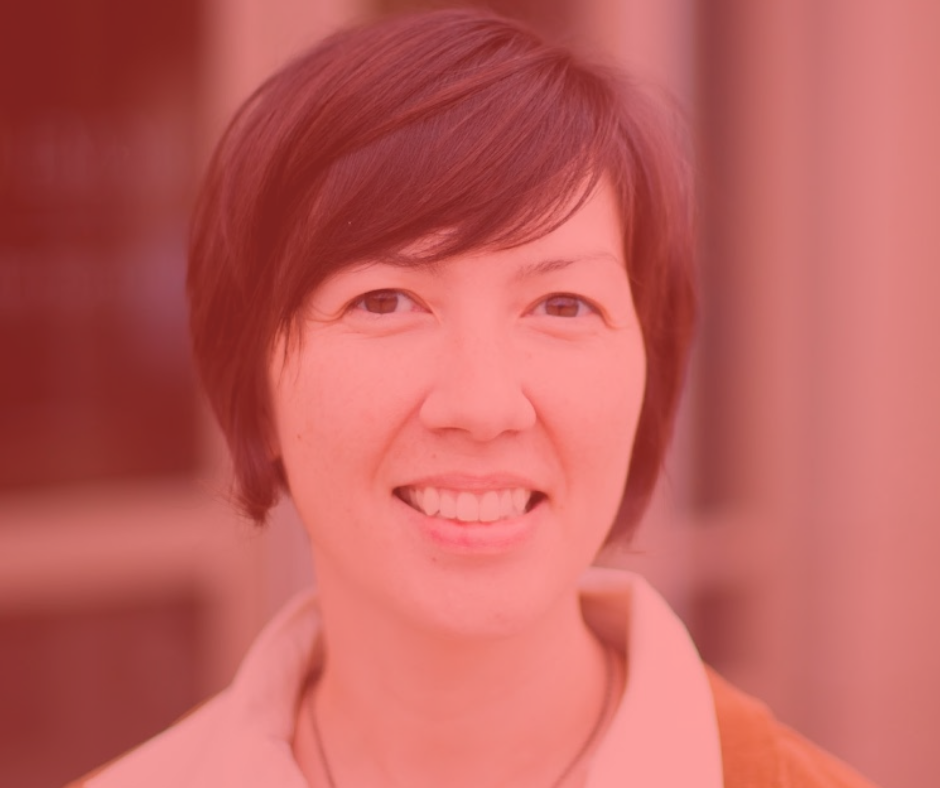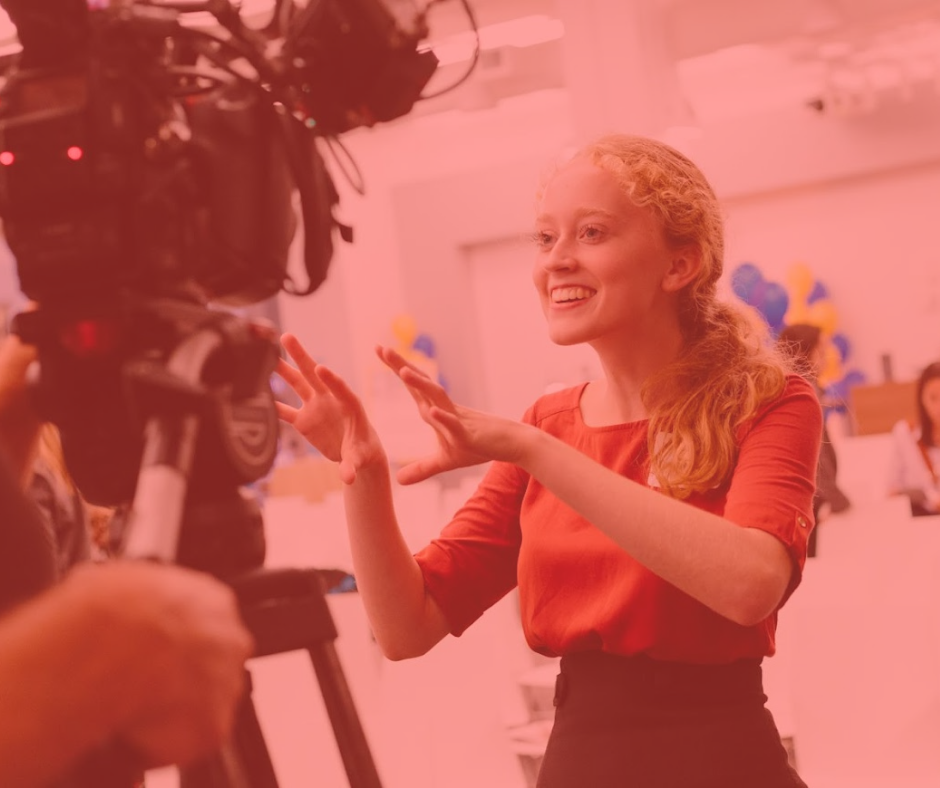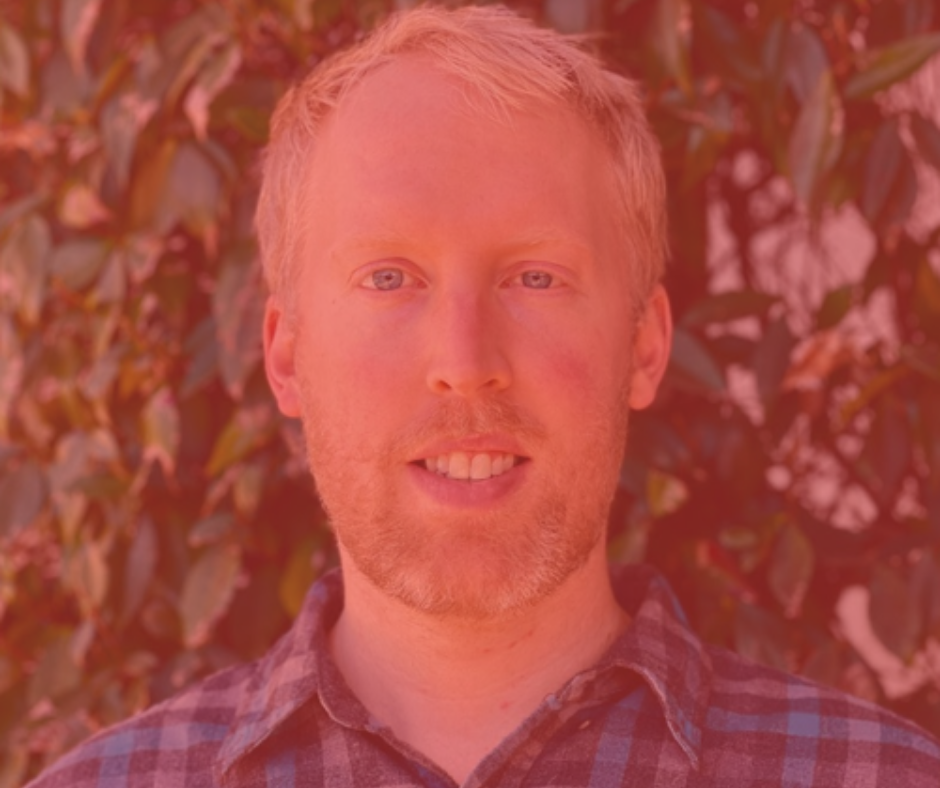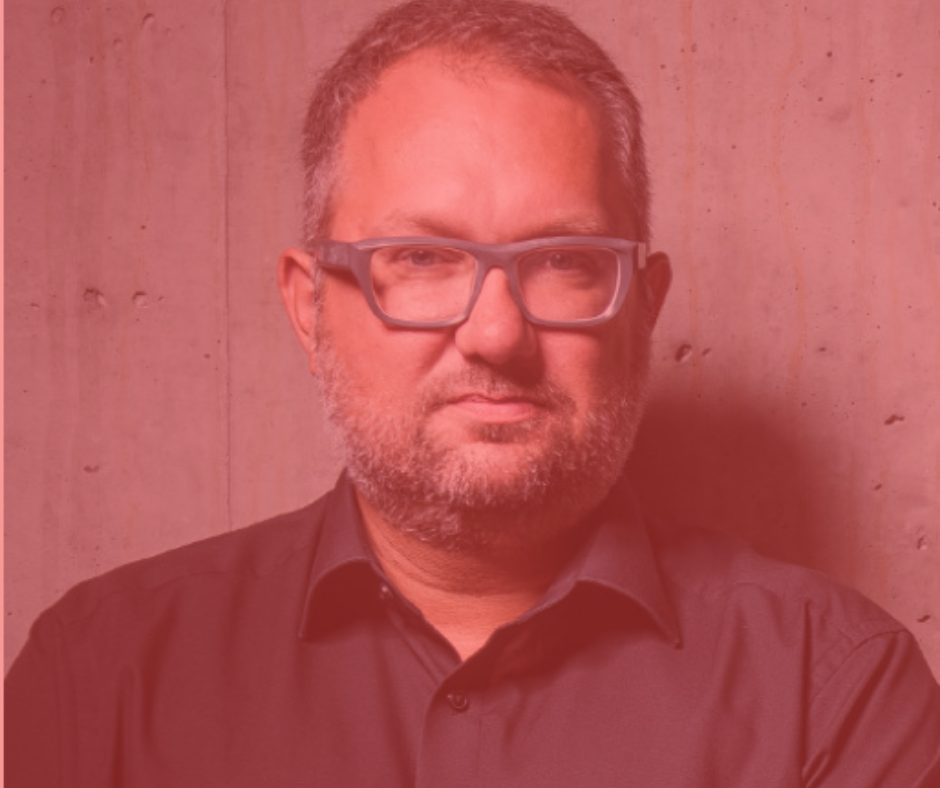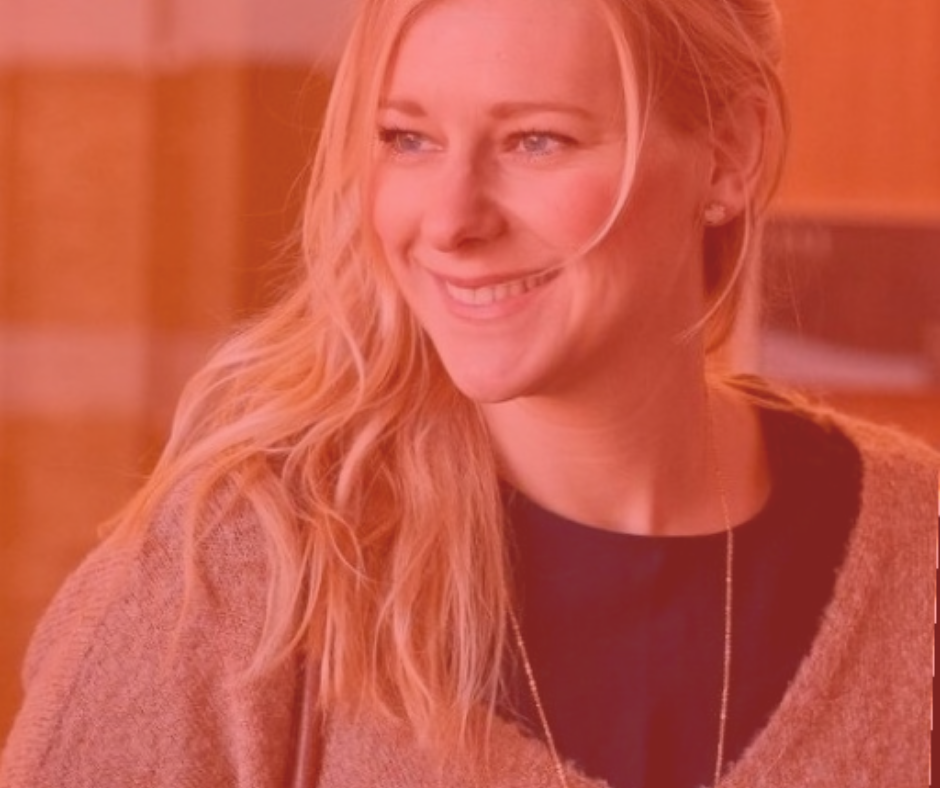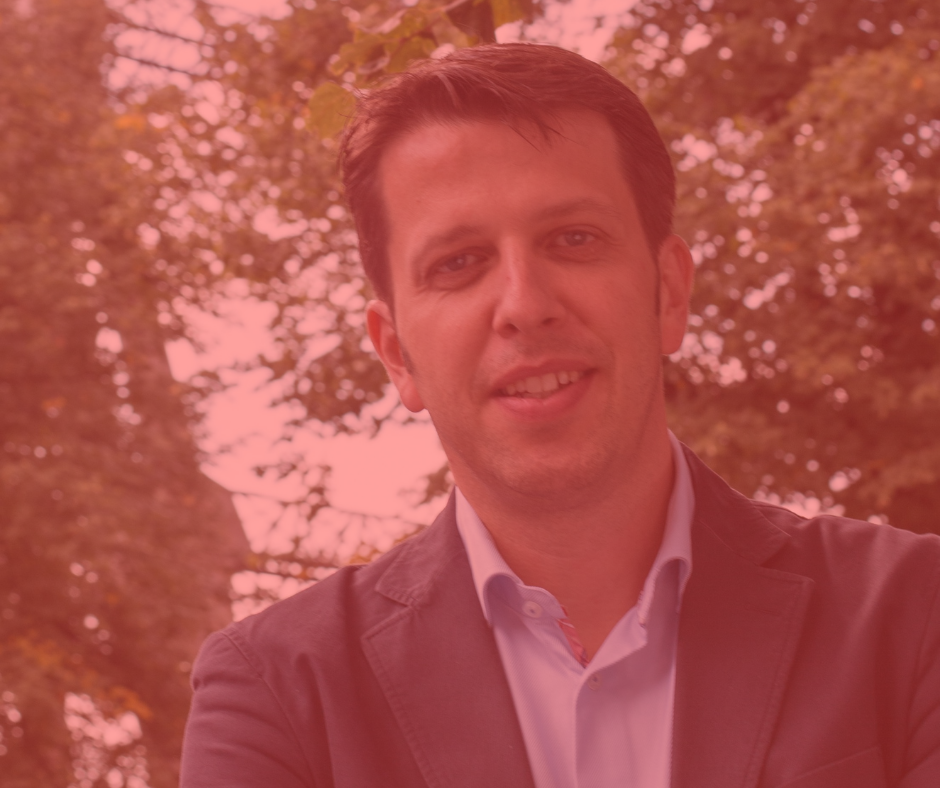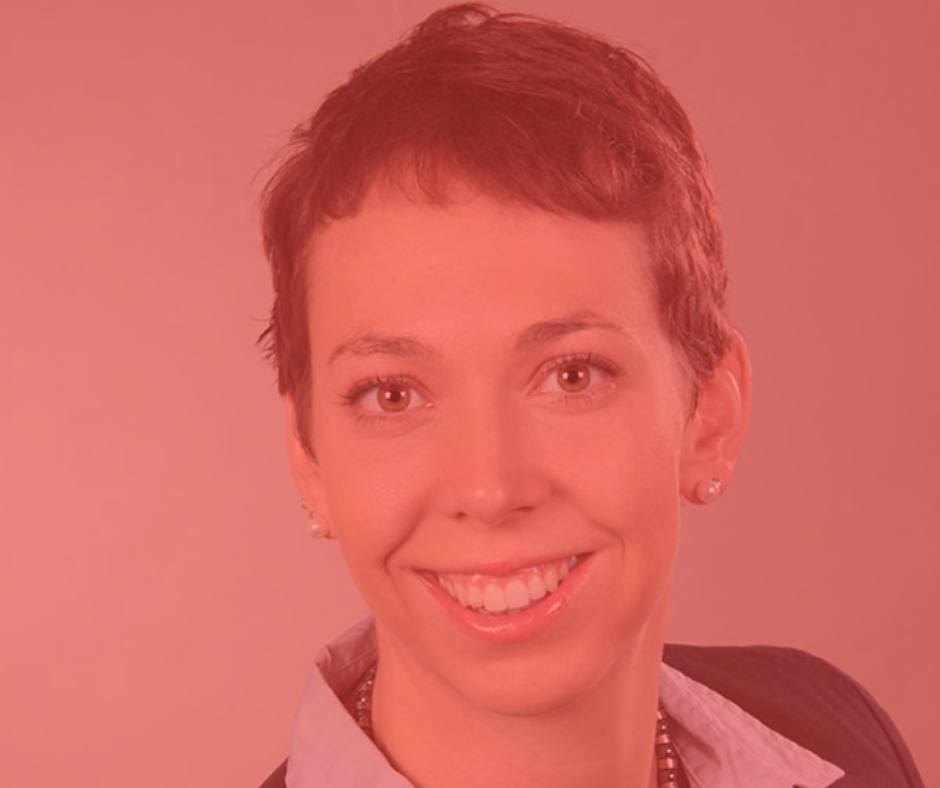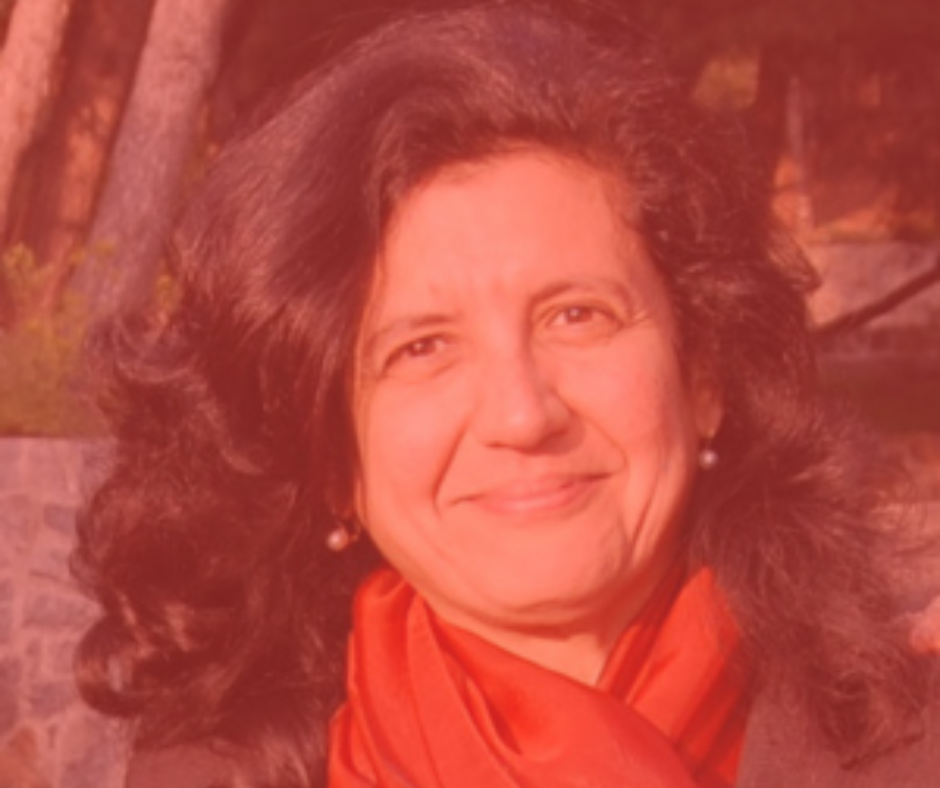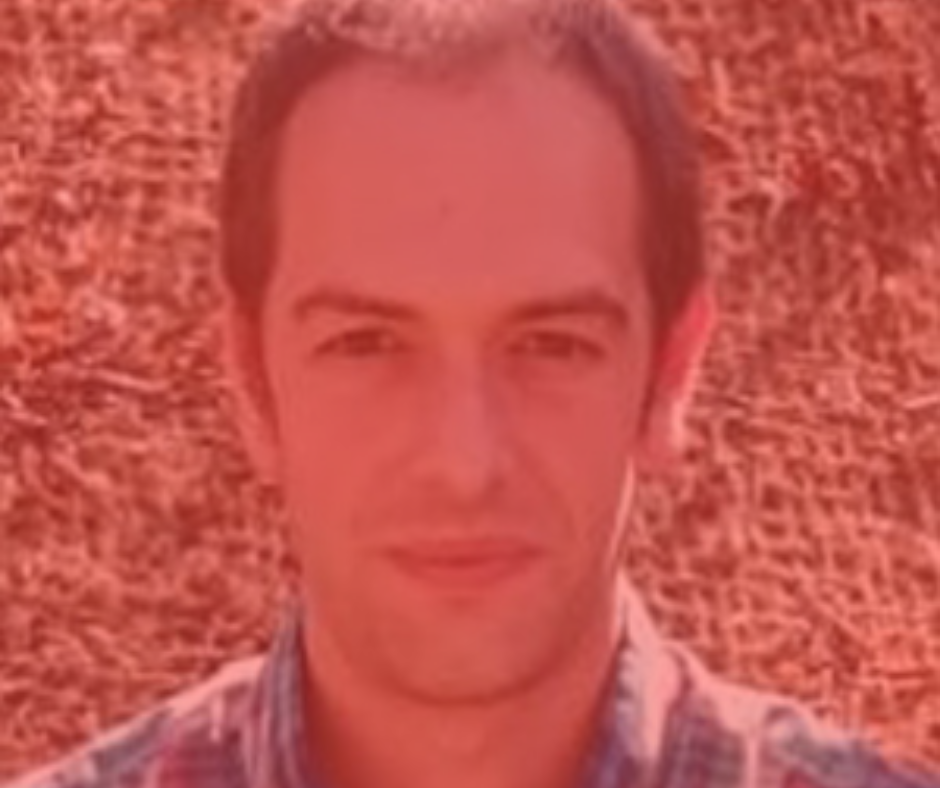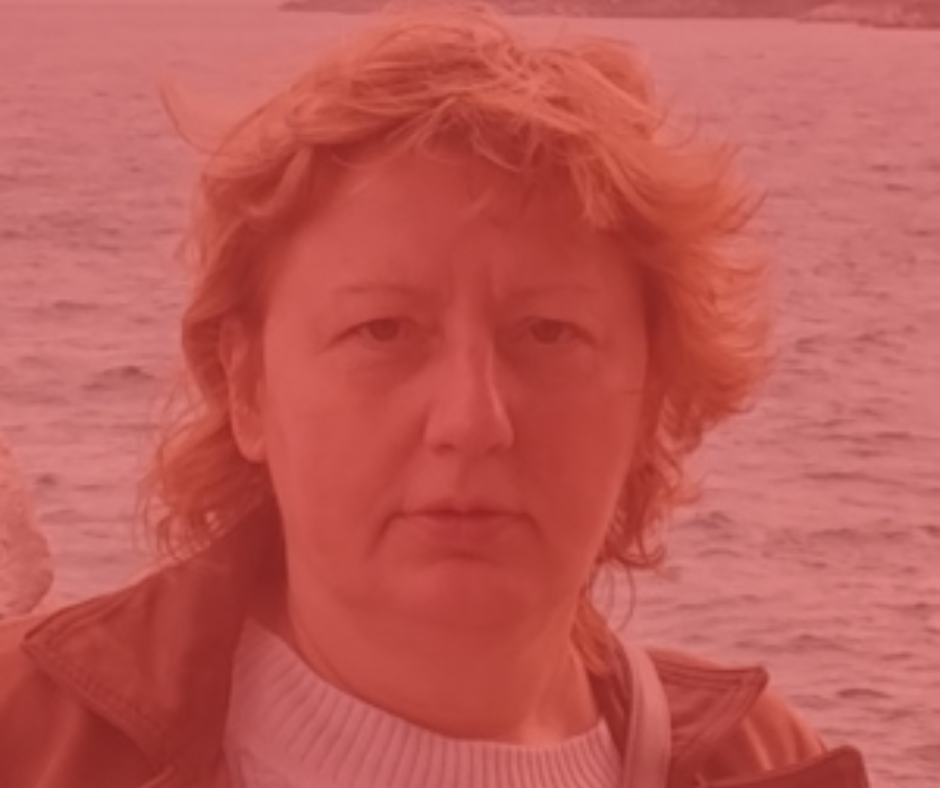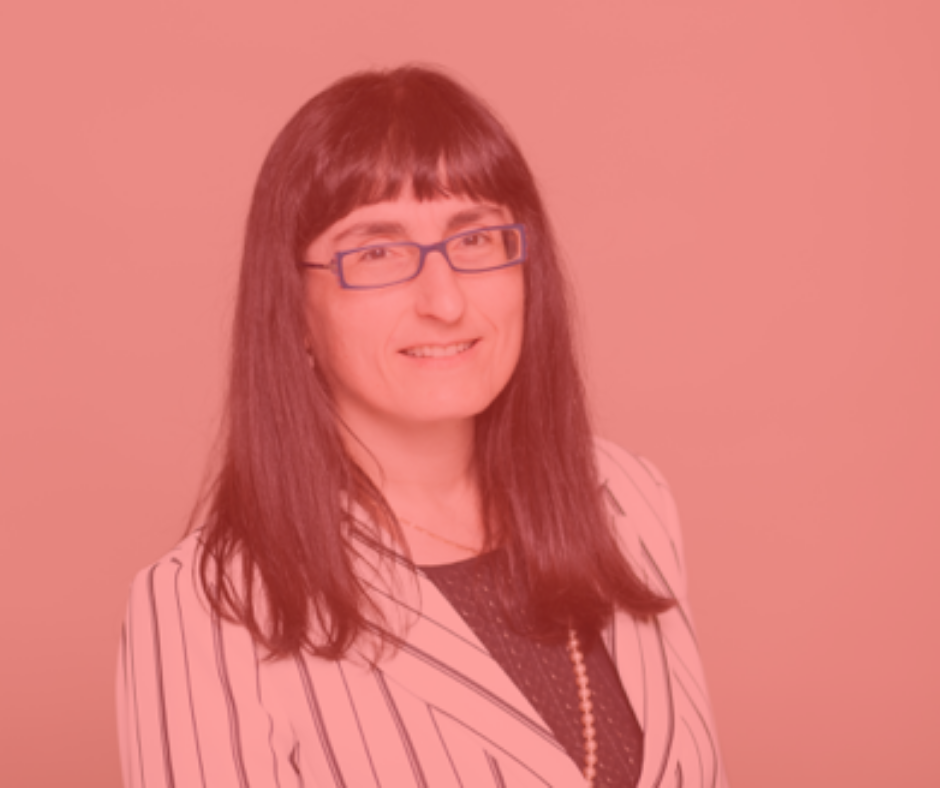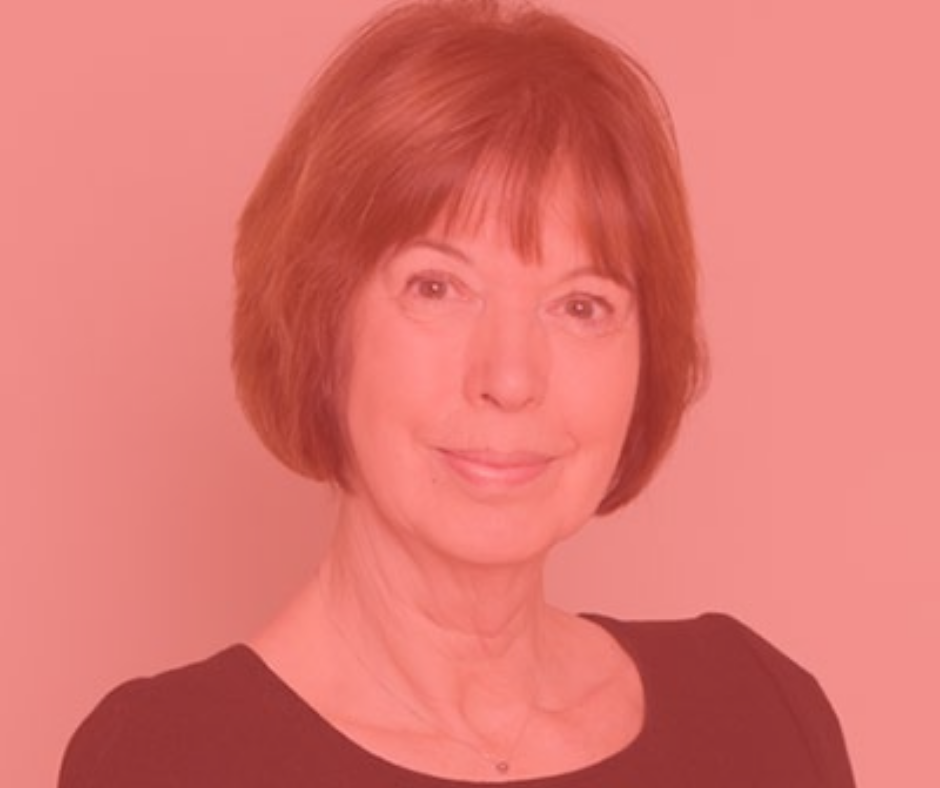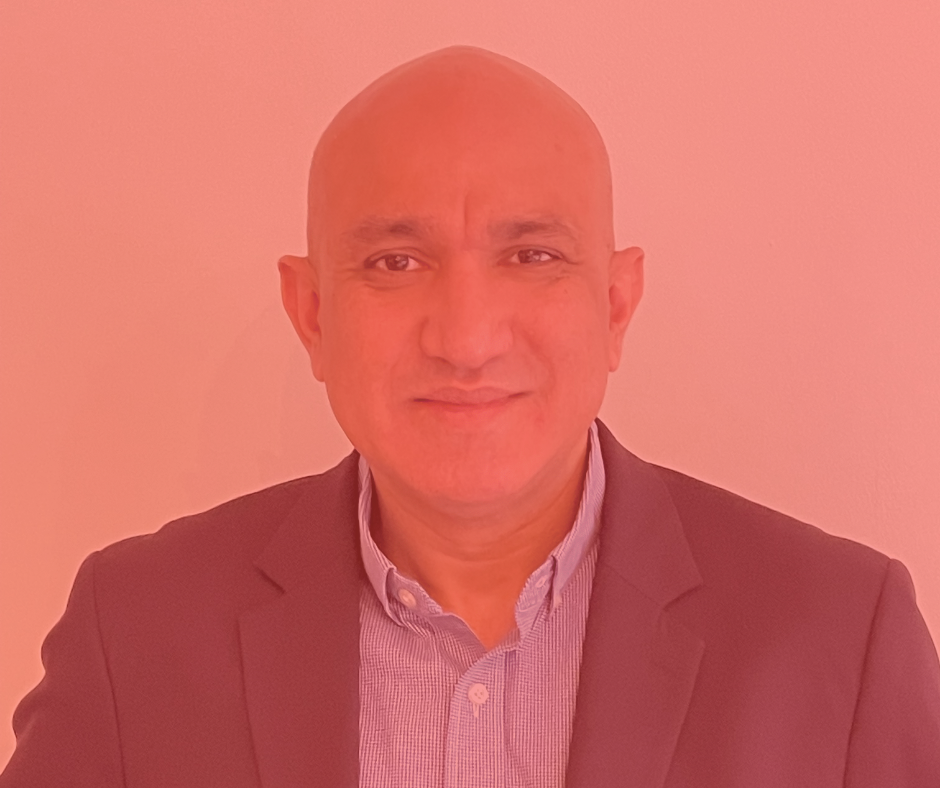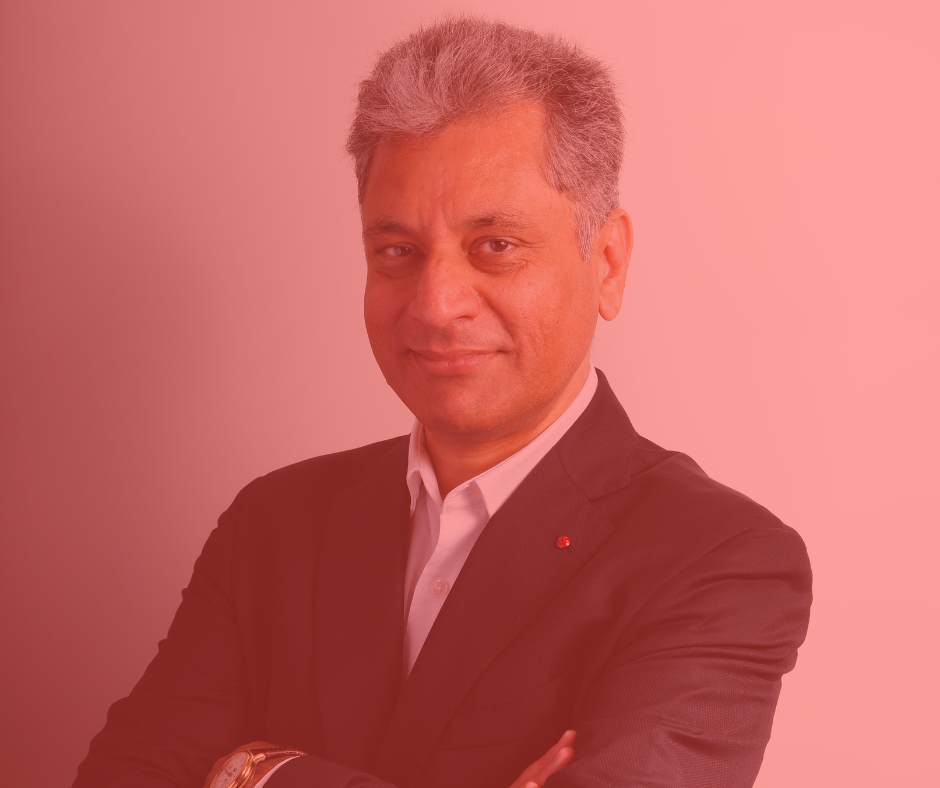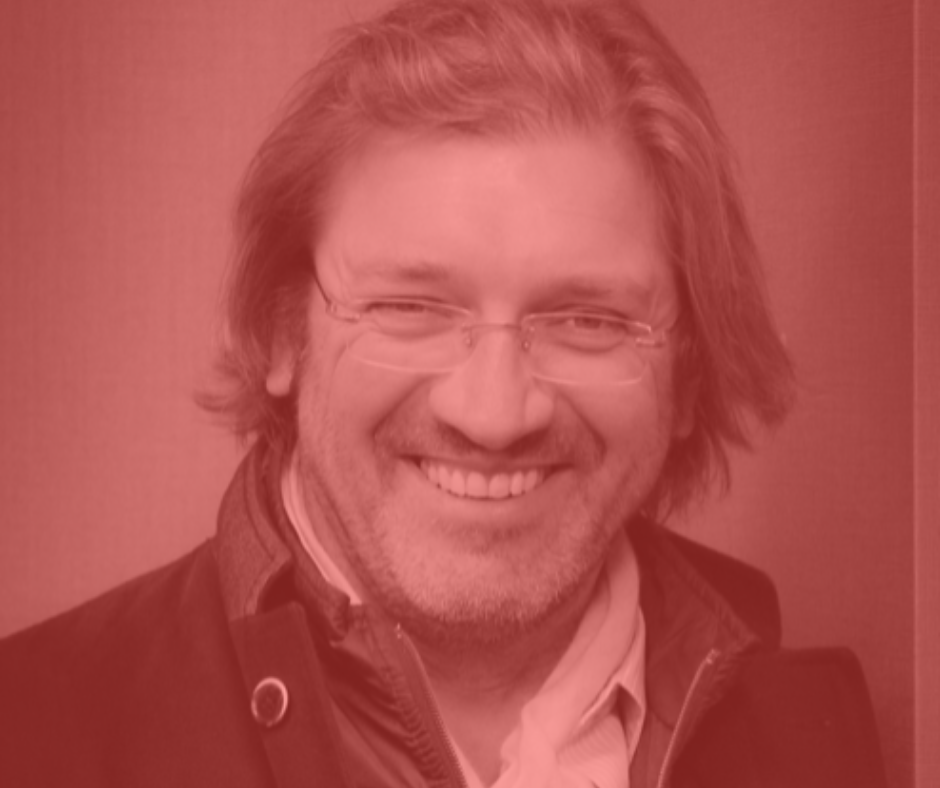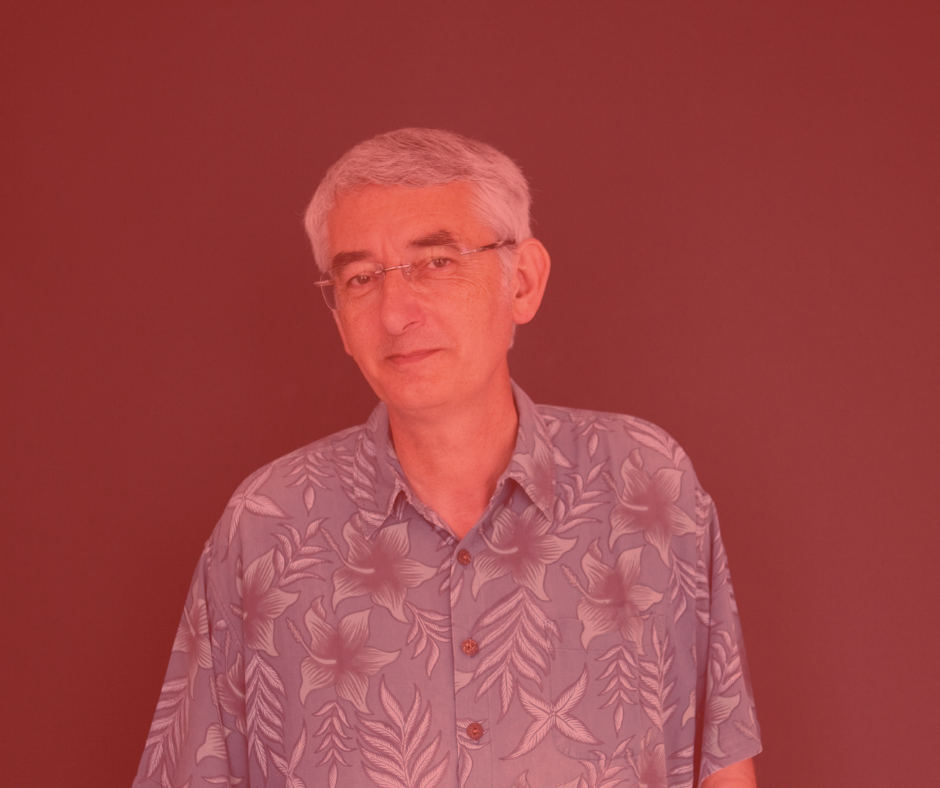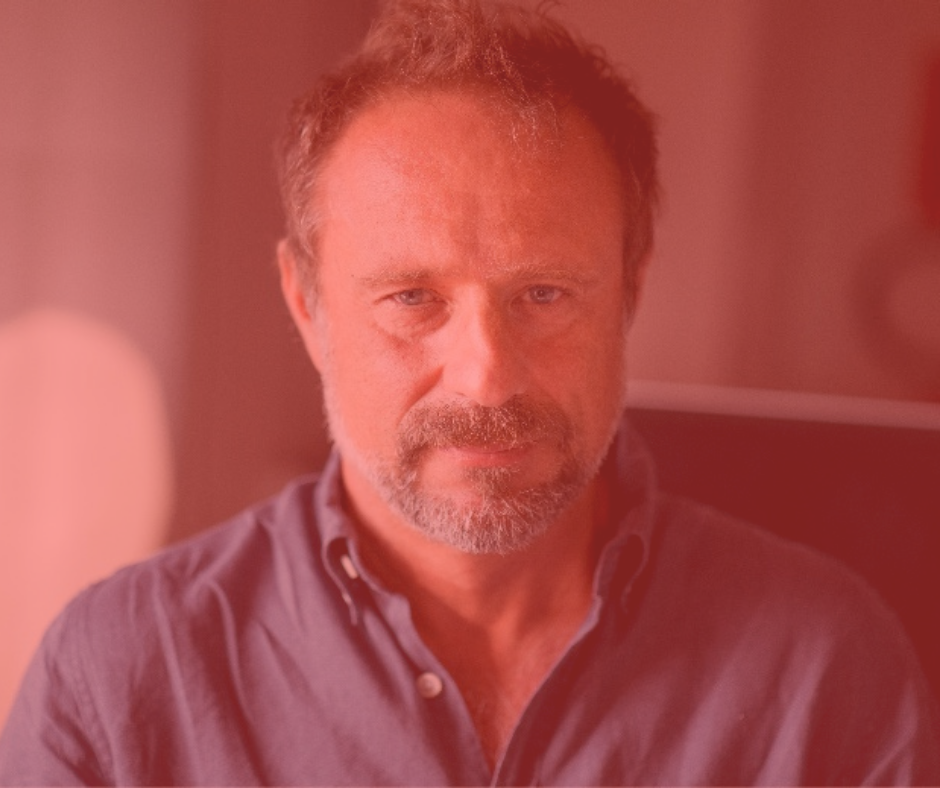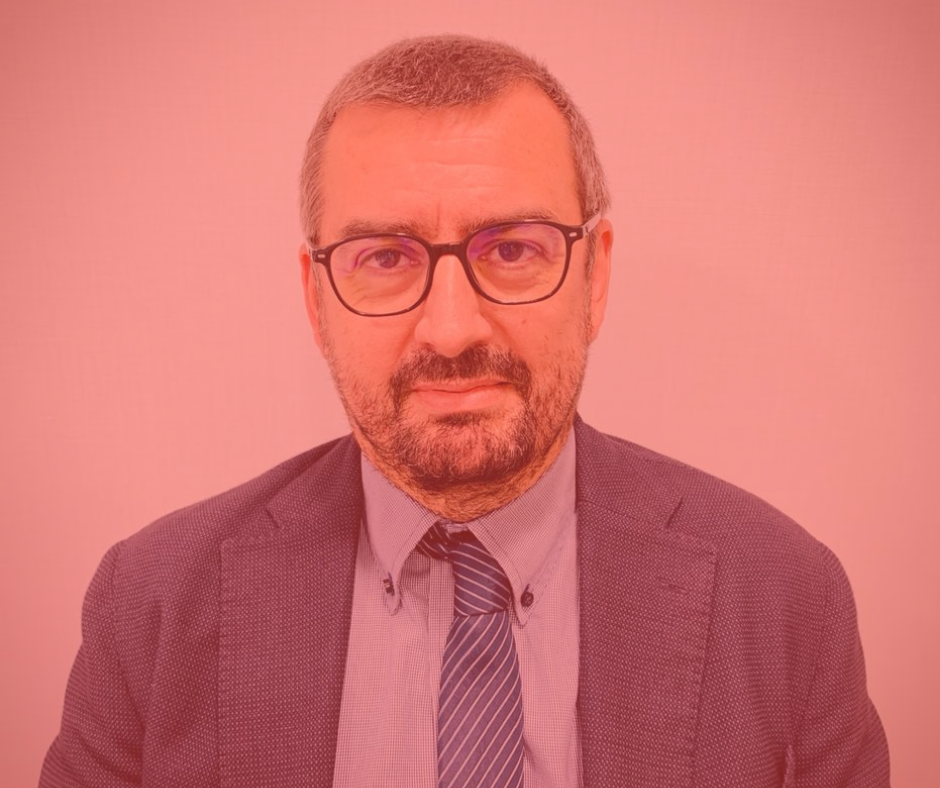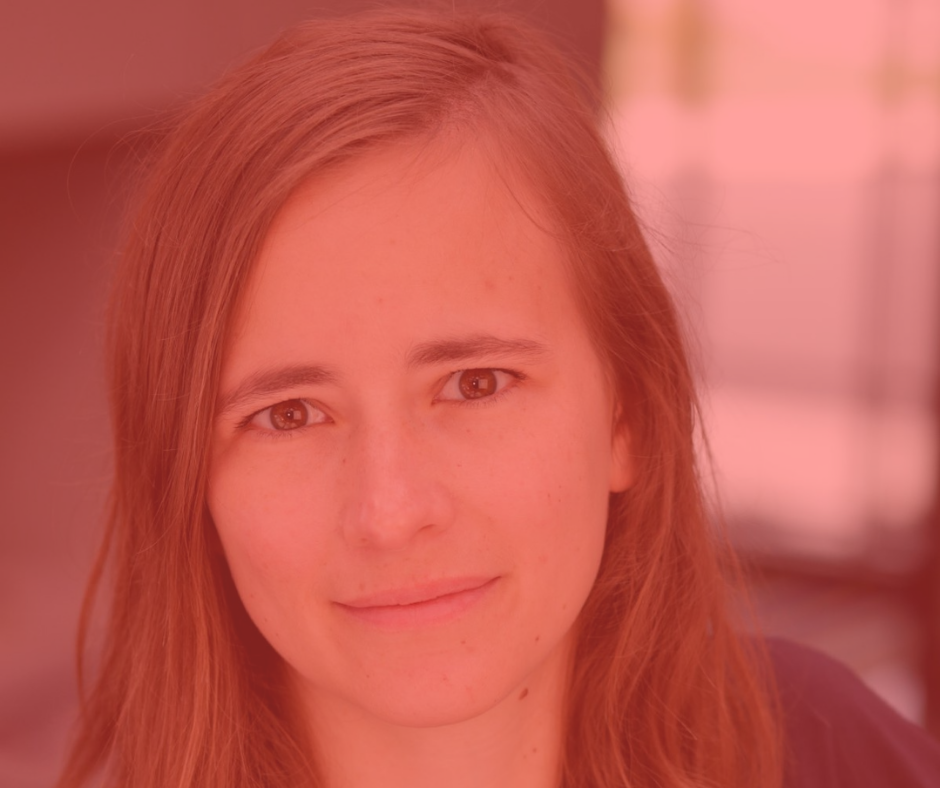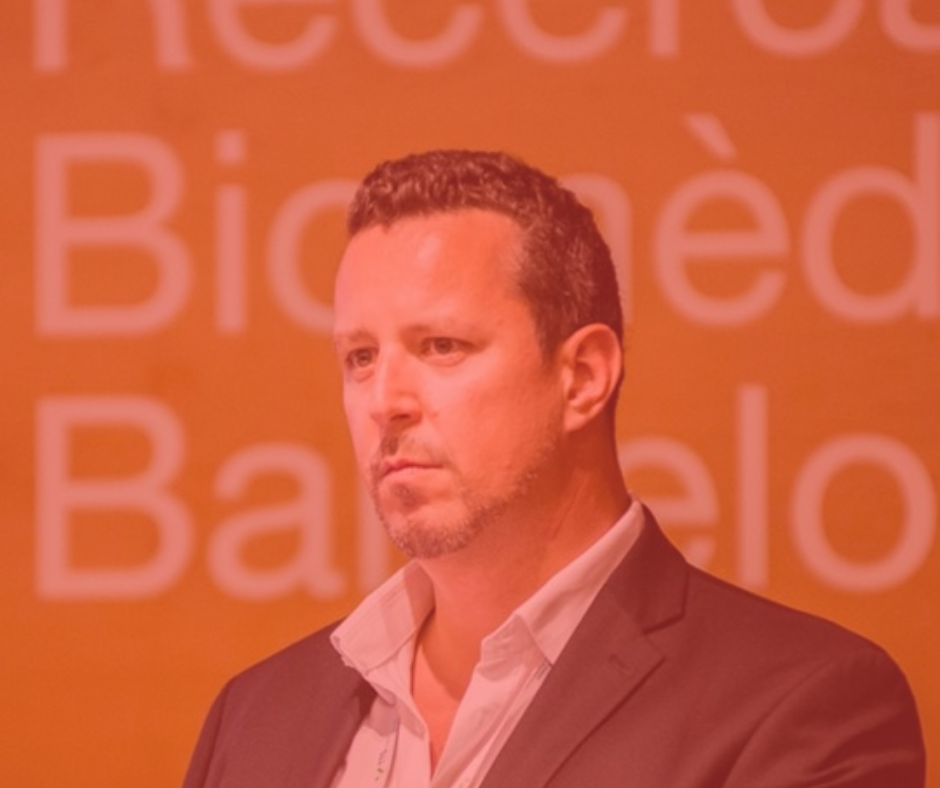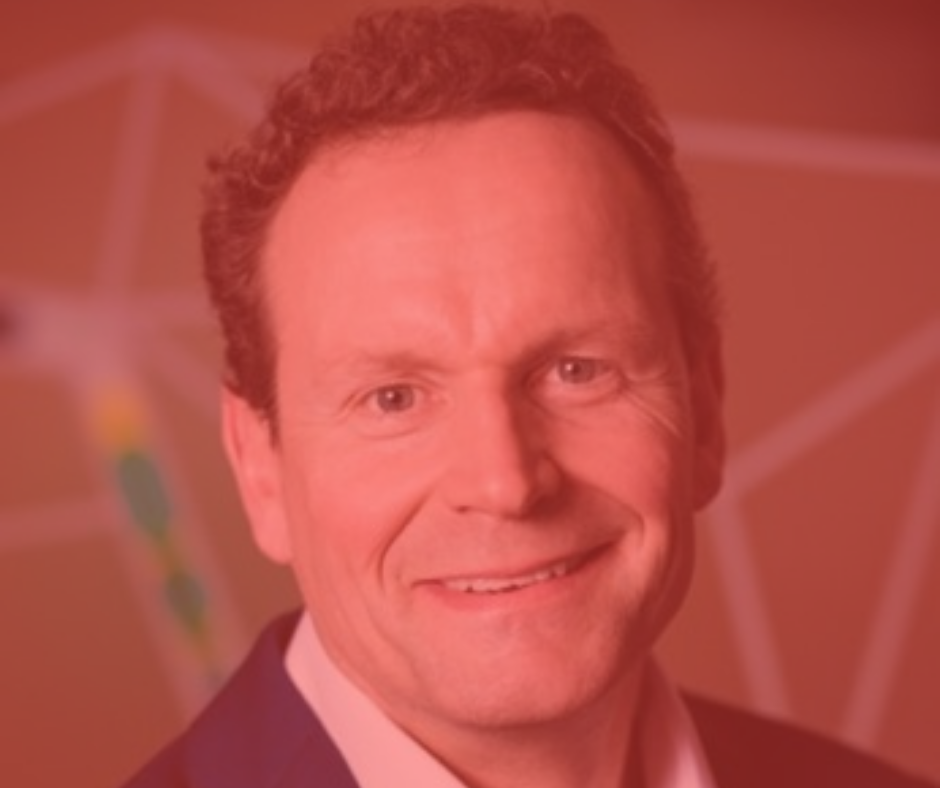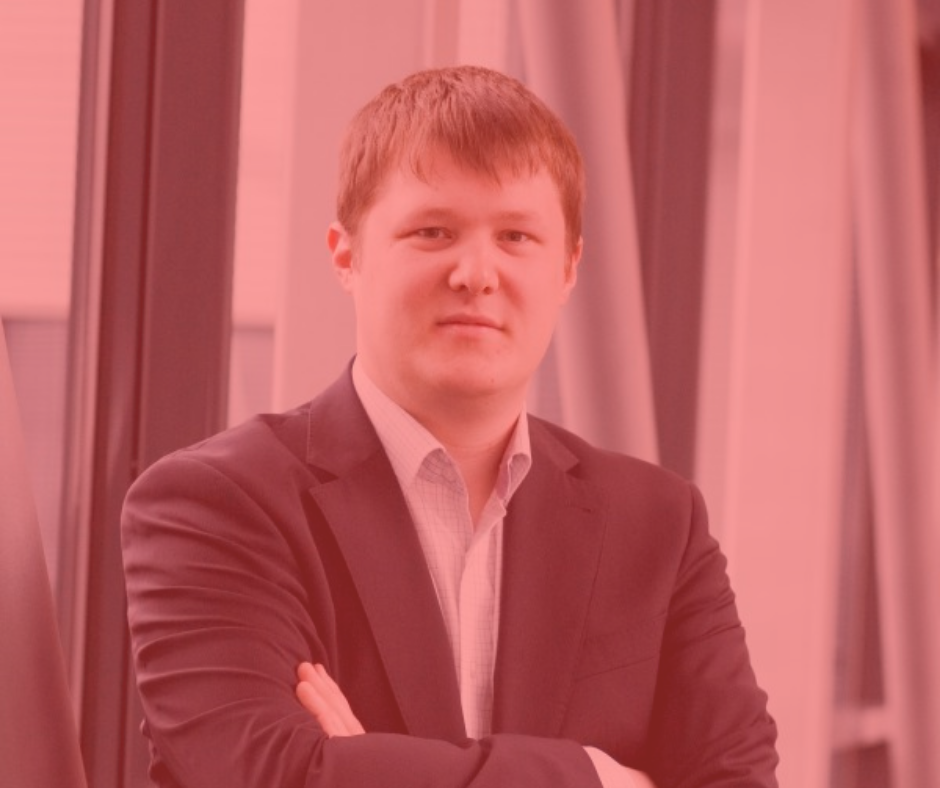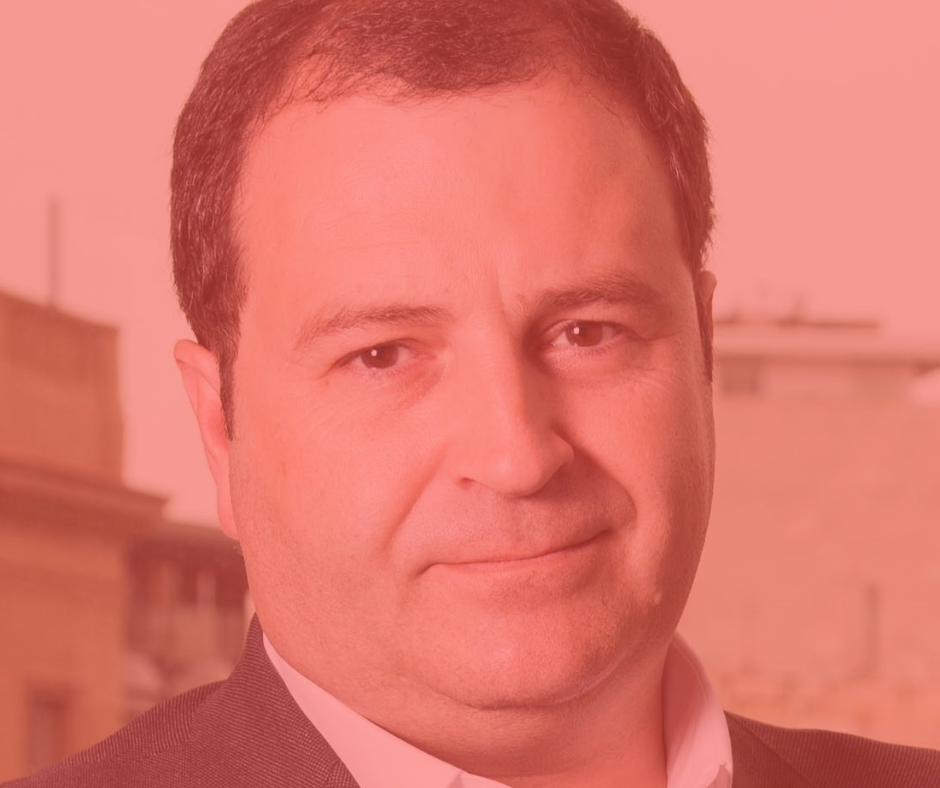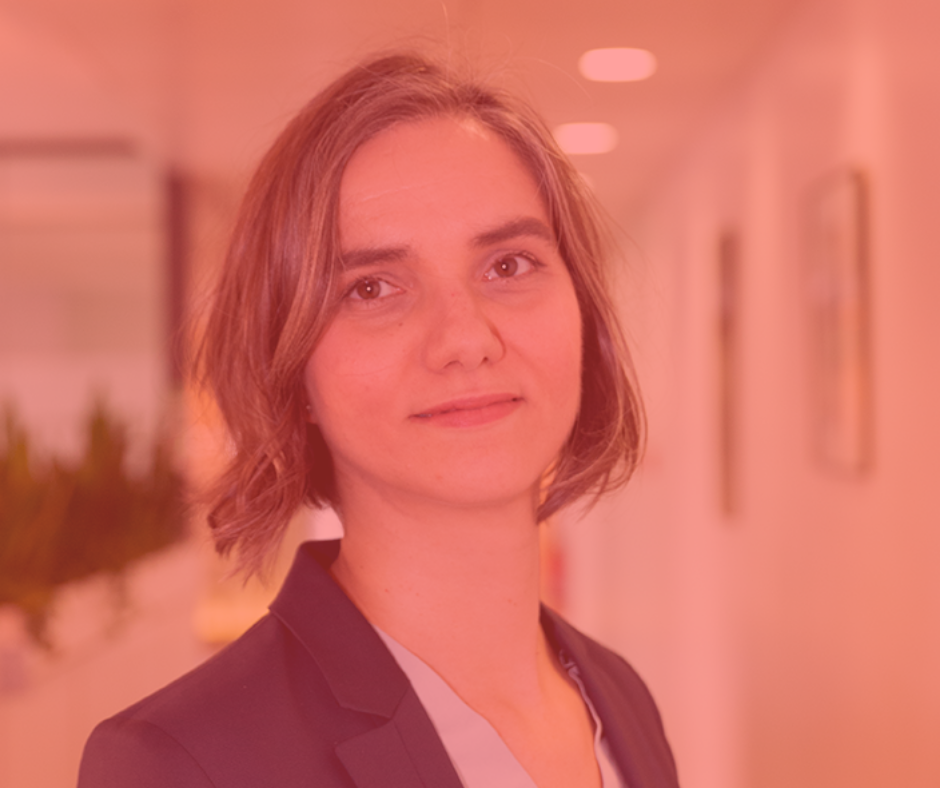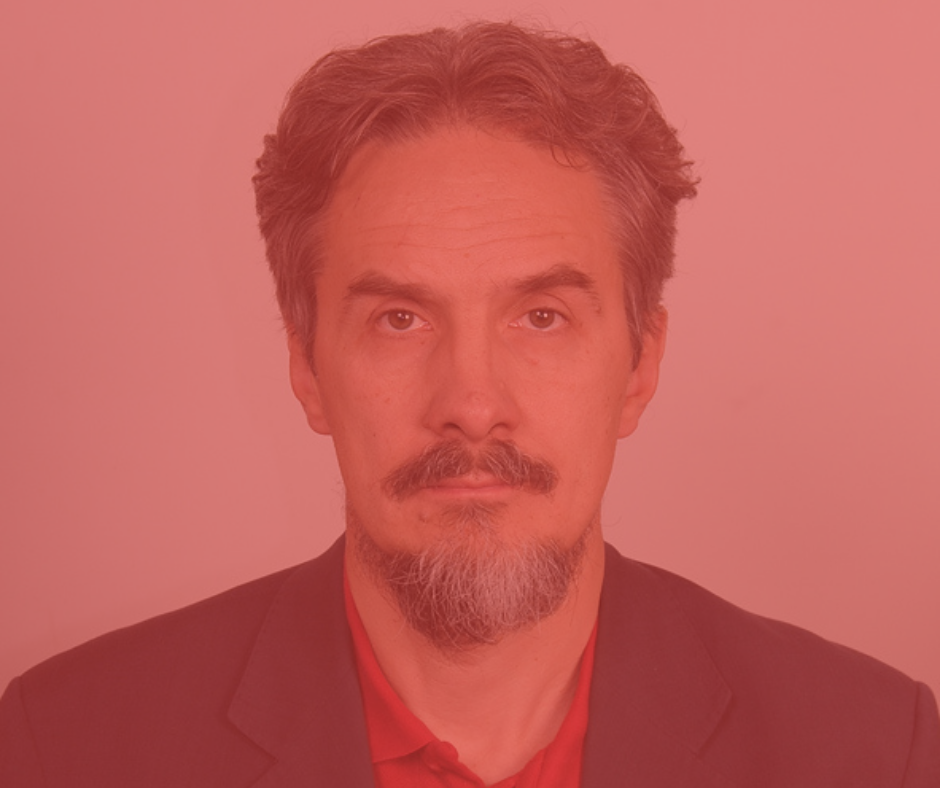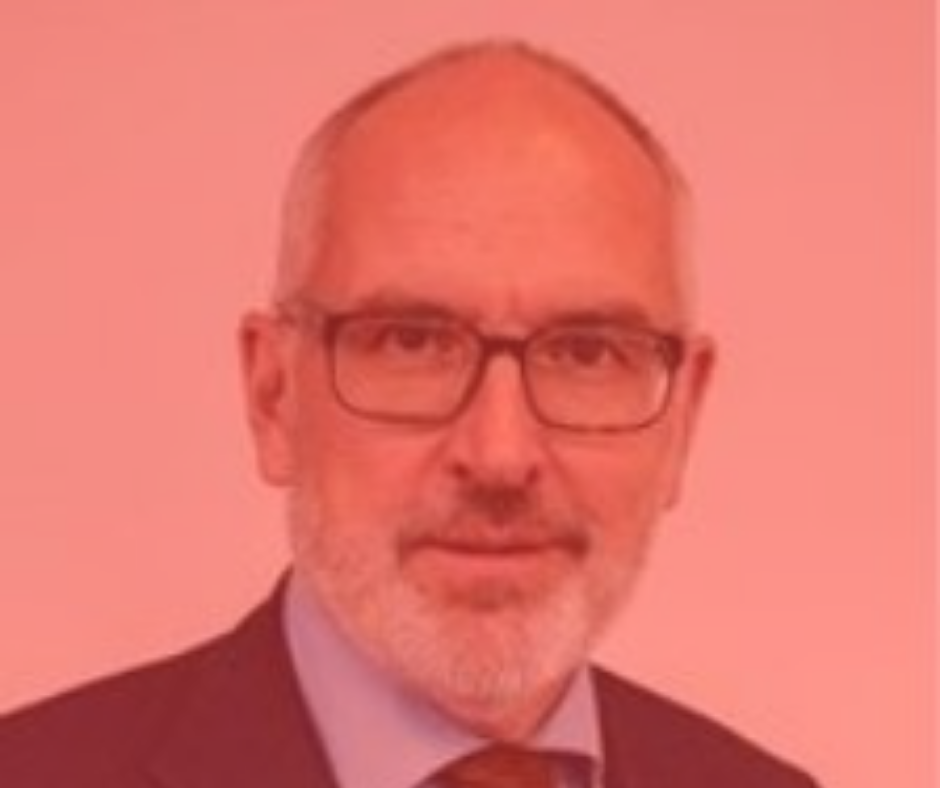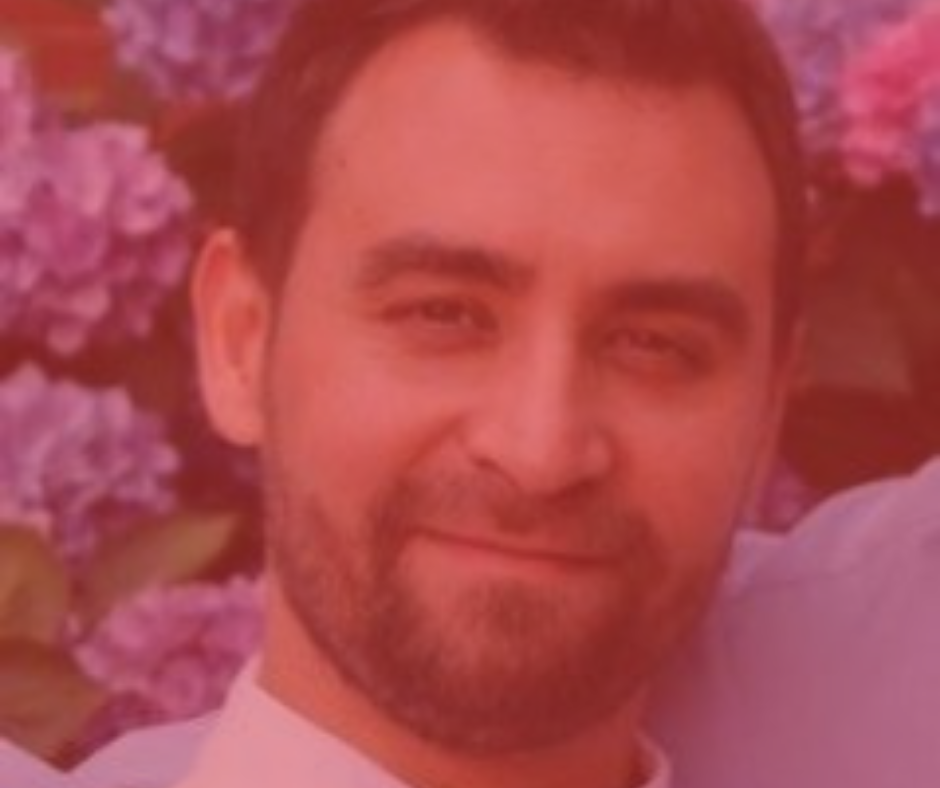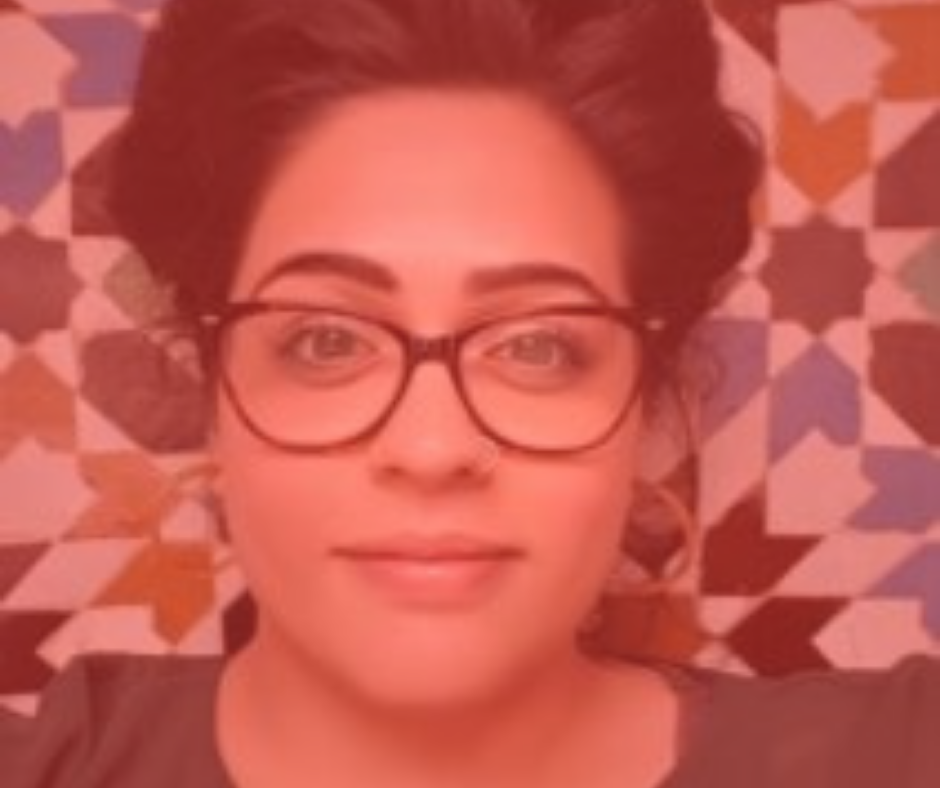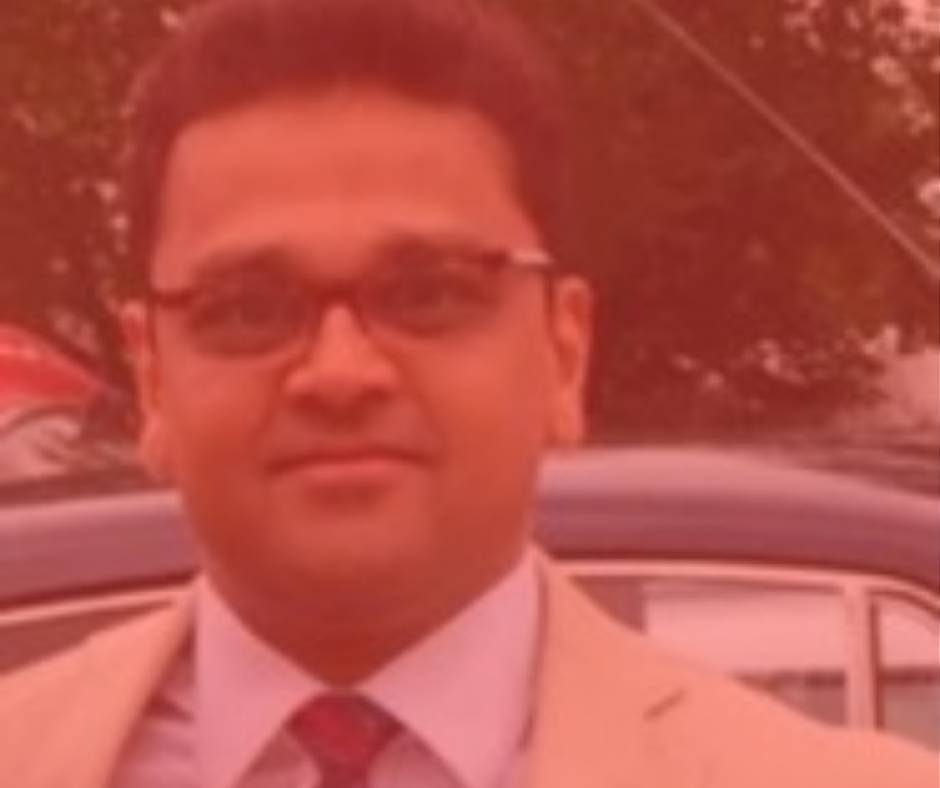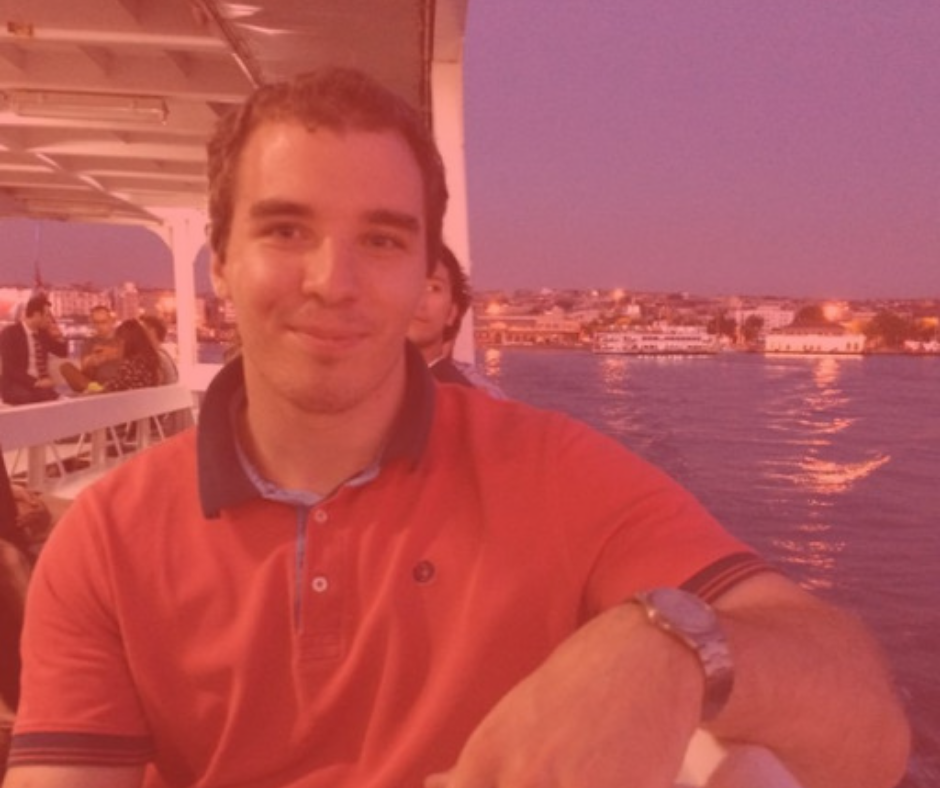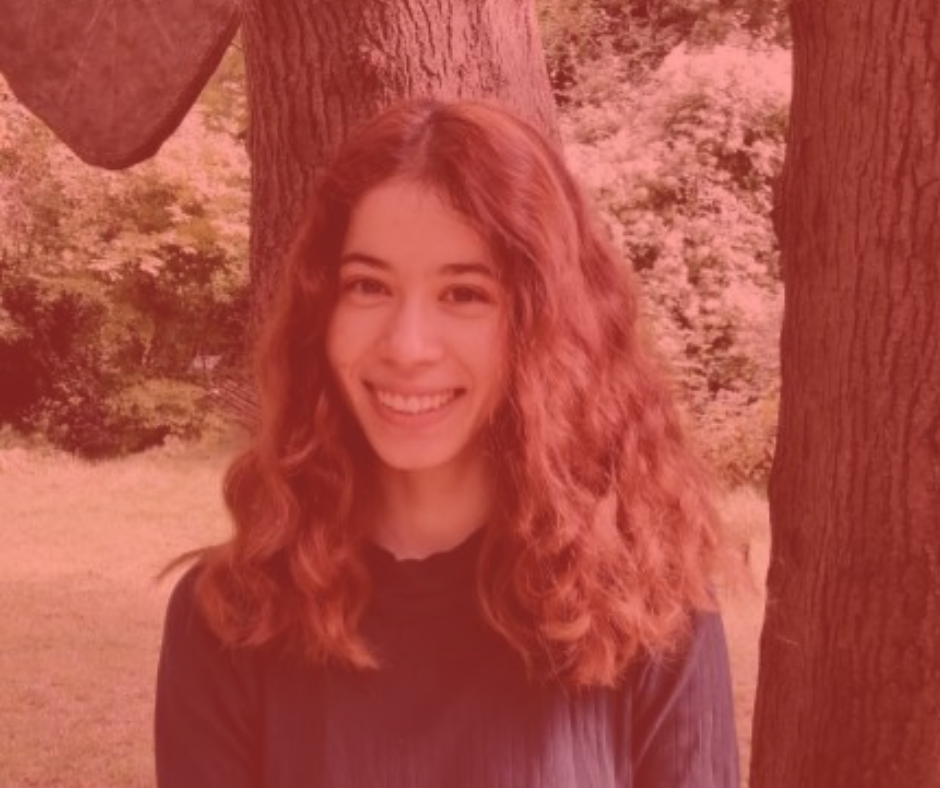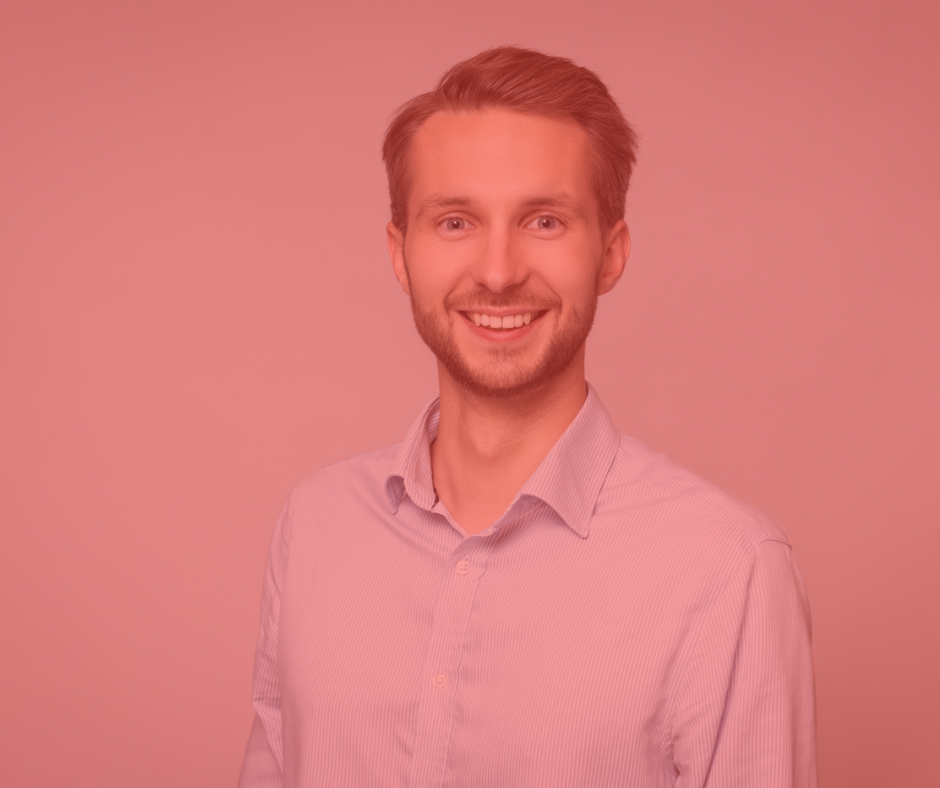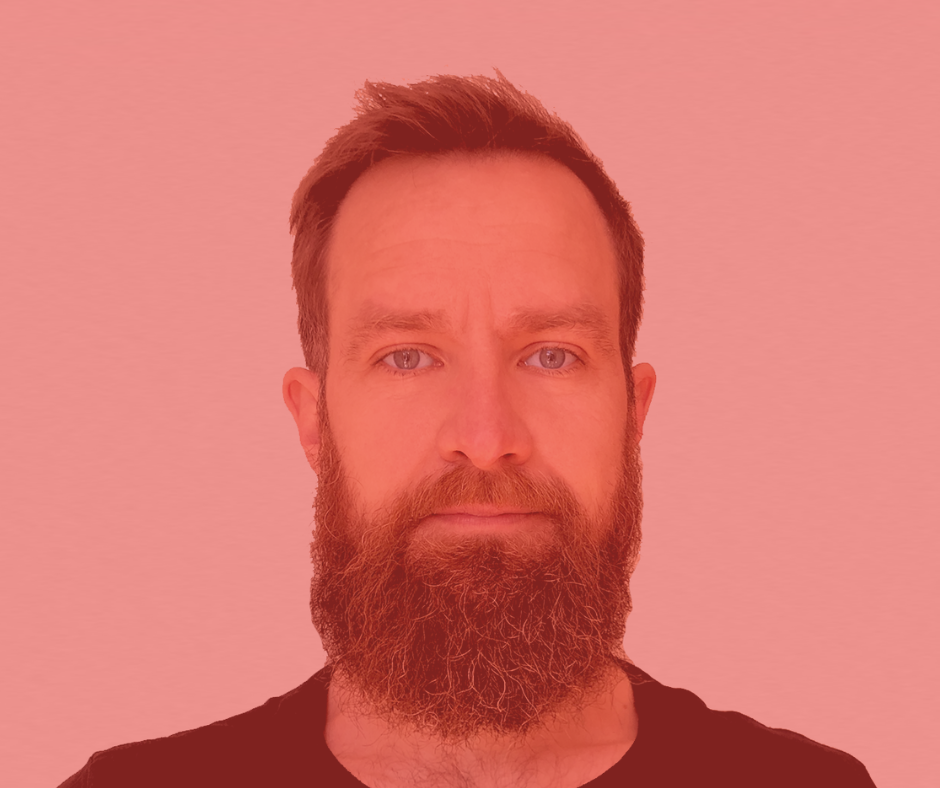Navigating the Brain Across a Lifetime:
Brain Innovation Days 2024
Titled ‘Bridging Neuroscience, Policy & Society’, a policy-oriented Opening at the European Parliament on the 12th of November kickstarted the Brain Innovation Days 2024! Organised by the European Brain Council (EBC), this high-level, policy-focused event set the stage for the following two jam-packed days of innovation and collaboration.
The 4th edition of the Brain Innovation Days took place on 13-14 November 2024 in Brussels (Belgium) under the overarching theme “Navigating the Brain Across a Lifetime“. These two days brought together more than 90 speakers and more than 30 sessions, including inspiring Brain Talks and panel discussions, mind-blowing innovation showcases and poster presentations, and last but not least, an abundance of networking opportunities.
13 November 2024 (Day 1)
The 4th edition of the Brain Innovation Days launched with a powerful performance from our Master of Ceremony and singer, Lisa Burke, accompanied by Felix Strobl on the piano. This musical performance aimed to warm up our participants, as well as hint towards a panel discussion on music on the brain happening later in the afternoon.
Following this, Suzanne L Dickson, President of the European Brain Council, whole-heartedly welcomed everyone present and walked us through the evolution of past Brain Innovation Days until this day. She then opened the stage for the inspiring opening Brain Talk by Baroness Susan Greenfield, ‘Blowing, Expanding and Losing the Mind’. This talk explored the fascinating journey of the human brain, from its unique configurations after birth to the challenges it faces in the modern world, as well as during ageing. In constant dialogue with the environment, Baroness Susan Greenfield explored how our minds may be shaped by digital technologies, particularly in younger generations, touched upon the enigma that is consciousness, and brought forward the critical issue of Alzheimer’s disease.
Irene Norstedt, Director of the Directorate to ‘People: Health & Society’ and director of Directorate-General for Research and Innovation at the European Commission, gave a powerful opening address and emphasised the need for innovation within Europe. The first panel discussion of the event planned to tackle exactly this: How to best shape policies to amplify brain innovation. This panel discussion, moderated by Frédéric Destrebecq, EBC Executive Director, was comprised of:
- Ágota Dávid, Science Attaché, Permanent Representation of Hungary to the EU
- Leszek Kaczmarek, Member of the Scientific Council (Neurobiology)
- Kasia Jurczak, Head of the Combating Diseases (RTD.D.1) Unit, Directorate-General for Research and Innovation at the European Commission
The panelists centred the discussion around policy requirements that aim to integrate innovation in European society, with a focus on brain health. They emphasised collaboration between stakeholders to address critical gaps and implement targeted strategies. The discussion highlighted how investing in brain health contributes to overall societal well-being and economic progress, paving the way for a healthier future for all citizens.
Next, innovators took the stage to pitch their contribution to brain innovation in 30 seconds, concretely showcasing transformative ideas to advance brain health and to lure participants to come find their booth in the Innovation Hall in the break. These included neurotechnologies, research infrastructure, gut-brain stimulation therapy, virtual reality experience and more! We also welcomed artists from Malina More who shared their ‘Mental Camouflage’ exhibition, curated specifically for the Brain Innovation Days! And with that, we officially opened the Innovation Hall with our first break! A big thank you to BitesWeLove and KarmaKarma for providing delicious and healthy snacks all along both Brain Innovation Days!
After the break, we dove right into a powerful fireside chat with Richard Lui, News Anchor at NBC, as well as author and filmmaker. This session highlighted the value of the EU’s 100 million family caregivers, untrained and unpaid, who support loved ones living with Alzheimer’s and other conditions, underscoring the need to tap into this often invisible workforce. This fireside chat considered the structures needed for the big ideas that could change a major untapped sector of every country’s economy.
The next panel discussion brought together policymakers, scientists, and key industry players to present the current advances, drivers, and barriers in brain research and innovation. By prioritising brain health and fostering innovative solutions, the panel aimed to address the societal and economic burdens of brain disorders. Attendees explored strategies to integrate brain health into broader health policies and economic frameworks. Moderated by Frédéric Destrebecq, EBC Executive Director, Panelists of this discussion included:
- Silva Dustdar, Director and Head of the European Investment Bank Institute
- Niklas Blomberg, Executive Director of the Innovative Health Initiative
- Magda Chlebus, Executive Director of Science Policy & Regulatory Affairs at the European Federation of Pharmaceutical Industries and Associations
- Pavel Balabanov, Head of Therapies for Neurological and Psychiatric Disorders at the European Medicine Agency
- Ulrike Busshoff, Coordinator of the Coordination and Support Action (CSA) BrainHealth
Just before the lunch break, we welcomed two Brain Talks to the stage! In the first Brain Talk, Martien Kas, President of the European College of Neuropsychopharmacology, raised the need for a new diagnostic framework in mental health that incorporates biological insights to enhance precision in diagnosis and treatment. The current categorical approach to mental health classifications fails to account for overlapping symptoms and underlying biology. Martien Kas explored how new pathways in neurobiology are opening possibilities for precision diagnostics, potentially transforming neuropsychiatric treatment science.
The second Brain Talk, by Christelle Baunez, Research Director at L’Institut de Neurosciences de la Timone, explored the influence of social context on drug consumption. She brought forward studies that reveal how social interactions can shape drug-seeking and drug-taking behaviors. This Talk highlighted the complex interplay between social and biological factors in drug use.
After the lunch break, we saw a video message from Kaisa Immonen, Patient Liaison Expert at the European Medicine Agency, who reported on the Patient Experience Data in EU medicine development and regulatory decision-making. This introduced the next platinum session titled ‘Accelerating Patient Experience Data (PED) Utilisation in Neurology: A Collaborative Approach’. Moderated by Paola Zaratin, Co-Chair of the Global Patient Reported Outcome for MS Scientific Committee, this session delved into the under-utilisation of PED in neurology despite its importance in measuring quality of life. Challenges in PED adaptation, clinical uptake, and value assessment were addressed. Participants proposed multi-stakeholder measures to improve PED recognition and inclusion in neurological practice and research. Panelists included:
- Pavel Balabanov, Head of Therapies for Neurological and Psychiatric Disorders at the European Medicine Agency
- Dimitrios Georgiopoulos, Senior Vice-President at the Global Business Franchise Head Neurology & Immunology at Merck
- Astri Arnesen, President of the European Federation for Neurological Associations
- Gianni Franco, Neurologist, President of the Belgian-Francophone Parkinson’s Association, Representative of the Non-Pharmacological Intervention Society (NPIS)
The first innovative session revolved all around raising awareness for Alzheimer’s Disease. Our Master of Ceremony, Lisa Burke, sat together with Hassan Fadli, Founder of ‘5 Ironmans Beat Alzheimer’s’, Adrien Rivollier, Movie Director, and Lavinia Alberi Auber, Head of Strategy of 5 Ironmans Beat Alzheimer’s, to discuss their personal story with Alzheimer’s disease and how they raise awareness by running 5 ironmans, all the while filming a documentary. The documentary focuses on hope, early diagnosis and solutions about Alzheimer’s. The creators met with researchers, medical staff, patients and caregivers during each of the 5 Ironmans race challenges in 2023-24, that took place in Switzerland, Portugal, France, Sweden and Spain. This session falls under the collaborative efforts between EBC and 5 Ironmans Beat Alzheimer’s to continuously emphasise the importance of physical activity for brain health, in other words, to Move for Your Brain!
The next Brain Talk explored an alternative perspective on medical innovation by examining patients’ transformative role in healthcare. Gemma Tria, Community Manager at Patient Innovation, presented the Patient Innovation project, showcasing activities fostering a more inclusive healthcare innovation ecosystem through multi-stakeholder collaboration. The project’s online platform, which shares innovative solutions developed by patients and caregivers, has over 1,200 innovations and 120,000 users worldwide.
Following this, we welcomed the next innovative session titled ‘Transforming Dementia Care Through Technology by Bridging Research, Clinical Practice and Digital Tools for Prevention and Medical Care’ to the stage. The focus was on how these technologies can provide continuous, real-time monitoring of biometrics, enabling early detection of cognitive decline and behavioural changes. The discussion highlighted both the promising applications and the challenges in implementing these technologies in clinical practice and daily care settings. This panel was moderated by Lisa Burke, Master of Ceremony, and was comprised of:
- Valerie Godefroy, Post-Doctoral Researcherst the Paris Brain Institute
- Maarten Van Den Bossche, Professor and Geriatric Psychiatrist at UPC-KU Leuven, Mission Lucidity, Belgium
- Sarah Daniels, Consultant Therapist, Health and Social Care Lead, UK dementia Resarch Institute
- Jurn Verschraegen, Director of the Flemish Expert Centre on Dementia Care
The last Brain Talk of the day, presented by Gregory Ninot, President of the Non-Pharmacological Intervention Society, explored how advances in early diagnosis of brain diseases and fragility screening have opened opportunities for preventive and care services that improve health outcomes, enhance quality of life, and reduce healthcare costs. These advances justify evidence-based, targeted, and personalised interventions, including non-pharmacological interventions (NPIs). Gregory Ninot presented a strategy for developing a European NPIs Registry to enhance information access and traceability for NPI practices.
And the last session of the day, hinted at with the musical performance that opened the Brain Innovation Days, discussed how brain health can be enhanced through sound, music and breathing. Our Master of Ceremony and singer, Lisa Burke, discussed with Felix Strobl, Innovation Advisor at King’s College London, Péter Kéri, President of GAMIAN-Europe, and Tim Buckinx, Founder and CEO of Epihunter, how controlled breathing can improve focus and emotional regulation, while sound therapy may stimulate brain circuits to alleviate pain and boost memory.
Day 1 also included two parallel sessions in the afternoon, which invited speakers from the EU-funded projects that the European Brain Council (EBC) is involved with. The first session, falling under the PRIME project, discussed the often over-looked link between somatic and brain disorders. For instance, Type-2 Diabetes and Alzheimer’s diseases often co-occur. The increasing number of people living with two or more chronic disorders (multi-morbidities) posed an urgent need to better understand underlying mechanisms for improved prevention and care throughout the life course. This session aimed to explore the link between mental and non-mental disorders and how to better address it in clinical practice and medical education. Every year, Brain Innovation Days bring together patient advocates, researchers, clinicians from all over the Europe as well as EU policymakers, regulators and industry partners to foster dialogue, exchange knowledge, accelerate investment in research & innovation and facilitate business development. In this context, the PRIME project benefited from a public and international exposure, which facilitated relations with relevant EU and global players and contributed to increase the visibility of its research field.
As part of EBC’s liaison activities in the BRAINTEASER project, the second session discussed how to harness Artificial Intelligence (AI) for brain health. The impact and Exploitation workshop featured BRAINTEASER’s clinical app to shed light on AI excellence thriving from the lab to the market to the benefit of people living with a brain condition. AI in healthcare is a booming field: the development of computer programs and systems able to emulate tasks normally requiring human intelligence is set to revolutionise the care of people with a brain disease.
And that’s a wrap for the first day of the Brain Innovation Days! After a full day of insightful discussions and inspiring Brain Talks, participants and speakers gathered for the cocktail reception and walking dinner in the Innovation Hall to celebrate the 4th edition of the Brain Innovation Days.
14 November 2024 (Day 2)
We started Day 2 of Brain Innovation Days by diving right into the European Brain Data Hub. In his Brain Talk, Roland Pochet, CEO of the Belgian Brain Council, discussed how this platform empowers patients to share their data securely for research and policy purposes. This session outlined the next steps for the future of patient data sharing. Following this Brain Talk, and in line with the topic of data sharing and data safety, the next panel discussion was titled ‘Toward Responsible Development and Innovation of Neurotechnologies’. Although off-label use or unintentional misuse of processes and devices in academic research work or clinical settings are source of concern, the growing accessibility and portability of neurotechnologies have now expanded their use into the general consumer market, which raises crucial ethical and societal issues. This panel discussion focused on opportunities and challenges raised by neurotechnologies and how relevant initiatives in the field were addressing the risks and filling the gaps. This panel consisted of the following panelists:
- Ricardo Chavarriaga, Lead Responsible AI Innovative, CLAIRE/ZHAW
- Sameer Zuberi, Board Member of the European Brain Council
- Eric Klasen, Former Vice-President, Quality and Regulatory, Medtronic Europe
- Alice Accorroni, Specialty Trainee in Neurology, Researcher in Neuroscience, Resident and Research Fellow Section, European Academy of Neurology
Did you know that migraines are about 3 times more common in women than in men? The following Brain Talk and platinum session explored this complex relationship and shed light on the societal and economic burden of Migraine. Abbvie shared their insights on how to elevate the standard of care of migraines. Lisa Burke, Master of Ceremony, moderated this panel and was joined by:
- Karen Carr, Scientific Director, Migraine, International Medical Affairs, AbbVie
- Jean Schoenen, Neurologist, Liege University, Secretary and founding past President of the Belgian Brain Council
- Madalena Placido, President of MiGRA Portugal
This panel discussion was followed by a Brain Talk by Elena Moro, President of the European Academy of Neurology, where she explored gender and diversity differences in Neurology. She provided expert’s insights into this often overlooked, but critical facet of neurology – and stresses the importance of its consideration in research and treatment. And with that, this talk led us straight into our first networking break in the Innovation Hall of the day!
After the break, Frédéric Destrebecq, EBC Executive Director, sat down with Ben Moore, Founder of vCreate for a fireside chat titled ‘A Success Story of Industry and Healthcare Innovation’. Ben Moore shared his remarkable journey behind his virtual web app designed for video diagnostics and management of neurological disorders. He discussed the innovative collaboration between healthcare and industry, how the company secured investment, and what is in the pipeline of the platform.
Patricia Gall, Founder of MindSpark 360, then introduced the Pitch Competition of the Brain Innovation Days 2024! The pitch competition of the Brain Innovation Days 2024 were organised and coordinated in collaboration with MindSpark 360. After a pre-selection of applications from European start-ups working in the brain space, the finalists pitched their ideas or products to the jury and the public. Jury members included public and private investors as well as representatives from the European Brain Council membership, including neuroscientists, neurologists, psychiatrists, and people living with brain disorders. These finalists were:
- Chris Bullock, CEO of QV Bioelectronics
- Camille de Solages, Head of Product of BrainTale
- Tamás Kitka, Managing Director of CREATe Therapeutics
- Francesco Trovato, CEO of Paperbox Health
- Nejib Zemzemi, Chief Scientific Officer of RebrAIn
And it was time for another successful and delicious networking lunch in the Innovation Hall! To help fight food waste, as every year, we partnered with ALPACA solutions, who brought any leftovers of the whole event to a local food bank,
After the networking lunch we got straight into a panel discussion on how to navigate EU policy to accelerate in brain health innovation. Moderator Christian Suojanen, Founder of Broadreach Global, sat down with Raúl Martín-Ruiz, Partner at Ysios-Capital, Patricia Gall, Founder of MindSpark 360 and Frédéric Destrebecq, EBC Executive Director, to discuss the EU Biotechnology Act. This panel discussion brought together key stakeholders from biotech companies and investment sectors to explore practical policy implementations for maximising impact and fostering innovation in brain health. They emphasised the need for policies that would drive brain health innovation, ensure equitable access to medicines, and boost EU biotech competitiveness.
This panel discussion was followed by our next Brain Talk by Nawal Roy, Founder of Holmusk, titled ‘Moving the Needle on Mental Health Outcomes’. He presented on the transformative potential of real-world data in addressing the global mental health crisis, which affects over 1 billion people and costs economies more than $1 trillion annually. Nawal Roy discussed how leveraging data-driven insights could revolutionise mental health care and research, moving beyond traditional models to improve patient outcomes and treatment development.
The following panel discussion focused on investing in brain development. The panel explored the vital importance of lifelong learning and cognitive resilience for maintaining brain health throughout life, with a focus on implications for educational institutions and workplaces. The panel concluded by emphasising the need for a holistic approach to brain health, integrating lifelong learning initiatives into educational systems, workplaces, and community programs to create a more resilient and cognitively healthy society. Moderated by Lisa Burke, Master of Ceremony, this crucial conversation invited the following panelists on the stage:
- Ella Arensman, Head of School of Public Health, UCC; Chief Scientist, National Suicide Research Foundation, University College Cork
- Abdulrahman Abou Dahesh, Founder of Neurochem Lab
- Astrid Schmied, Educational Neuroscientist, National Institute of Education, Nanyang Technological University
- Brian Magierski, Co-Founder and CEO of 21 Impact Labs
- Naomi Fineberg, Professor of Psychiatry, University of Hertfordshire; Consultant Psychiatrist, Hertfordshire Partnership University NHS Foundation Trust
The last Brain Talk of the Brain Innovation Days 2024 was presented by Serge Goldman, Director of the Neuroanatomy and Neuroimagery laboratory at the Université Libre de Bruxelles, where he presented on precision medicine for mental health disorders. He emphasised the shift from a “one-drug-fits-all” approach to a more tailored strategy for patient subgroups. Serge Goldman discussed how precision medicine, which had been successfully applied in oncology, was being increasingly considered for other medical specialties. He explained that by acknowledging the high degree of heterogeneity in mental disorders, the precision medicine approach aimed to ultimately improve the accuracy of patient treatment and management.
With that, this led us into the last panel discussion of the Brain Innovation Days, titled ‘Protecting the Planet, Preserving Health’. Where we live, the air we breathe, what we surround us with are all crucial determinants of our brain health. The panel discussion explored the intricate relationship between brain health and the environment throughout the human lifespan. Panelists emphasised the need for interdisciplinary collaboration to address the complex interplay between environment and brain health, and to develop strategies for creating healthier, more sustainable living environments that support cognitive and emotional well-being across the lifespan. Lisa Burke, Master of Ceremony, sat down with the following experts in the field:
- Anne Stauffer, Deputy Director of the Health and Environment Alliance
- Geert Dom, President of the European Psychiatric Association
- Thomas Foiadelli, Coordinator of the Young European Paediatric Neurology Society (EPNS) Working Group on Climate Change & Sustainability
The closing ceremony announced the jury and public prize winner of the pitch competition! Congratulations to BrainTale for the jury prize and to Paperbox Health for the audience prize! Thank you for showcasing tangible examples of how innovation can address challenges in brain health, support patients, clinicians, and society as a whole! BrainTale is revolutionising precision neurology with its AI-powered software that transforms MRI data into actionable insights. By partnering with top researchers and biopharma, BrainTale enables better understanding and management of neurodegenerative and neuroinflammatory conditions. Paperbox Health is making pediatric care smarter and more accessible through gamified digital solutions by streamlining clinical workflows, automating documentation, and providing data-driven insights to deliver better outcomes for children while reducing the burden on healthcare professionals.
Best Innovation Showcase, as well as best Poster Presentation were also chosen by the participants and congratulated on stage. Congratulations to the STRATUM Project for winning the best Poster Presentation! Their proposed tool is a Point-of-Care computing system based on multimodal data processing using AI for improving brain tumour surgeries. The expected long-term impact of STRATUM is to reduce the duration of surgical procedures, thus decreasing patients’ risks, but also optimising the resources of European health care systems.
And furthermore, congratulations to IDUN Technologies for winning the best Innovation Showcase! This project investigated EEG correlates for cognitive load measured by the IDUN Guardian brain-sensing (in-ear EEG) earbuds. The Guardian Earbuds measure high-quality EEG signals from inside of the ear canal, enabling the development of mobile and intuitive brain-computer interface audio products that integrate seamlessly into lifestyle audio products.
With a cheerful closing reception we celebrated another successful Brain Innovation Days event!
The Brain Innovation Days were supported by the PRIME project, which received funding from the European Union’s Horizon 2020 research and innovation programme under the grant agreement No 847879.
The Brain Innovation Days were supported by the BRAINTEASER project, which received funding from the European Union’s Horizon 2020 research and innovation programme under the grant agreement No GA101017598.
The Brain Innovation Days were supported by the EU4Health Integration and Impact Initiative, co-funded by the European Union.


